Twenty Minutes
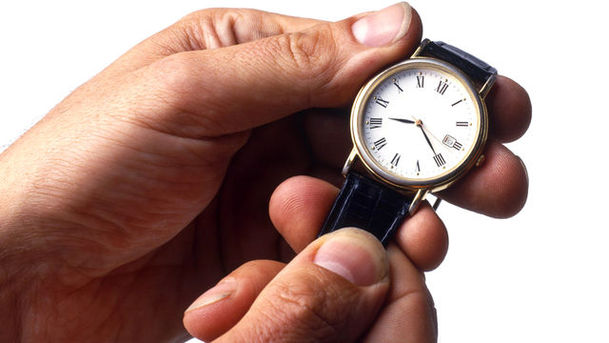
Eclectic arts magazine programme, exploring a range of fascinating people, places and events
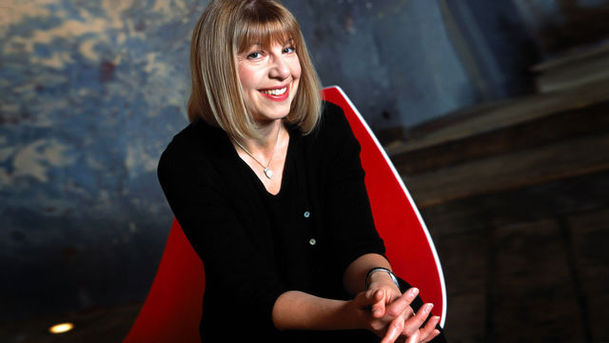
Twenty Minutes - 06/09/2009
Simon Halsey joins Penny Gore to talk about why singing matters, Georgia Mann reports from the Proms Singing Day and there's a chance to hear from various singing enthusiasts.
Details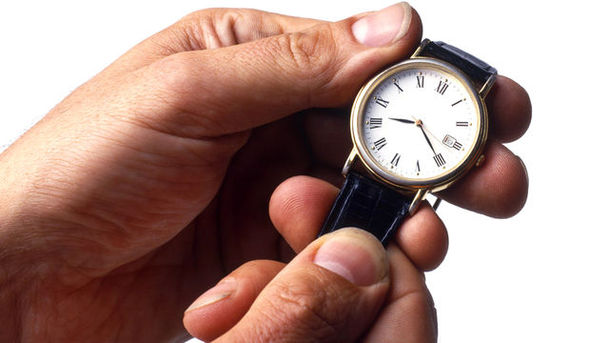
Twenty Minutes - 07/09/2008
Tom Service is joined by Messiaen scholars Peter Hill and Nigel Simeone, and artistic director of the Netherlands Opera Pierre Audi to discuss Messiaen's Saint Francis of Assisi.
Details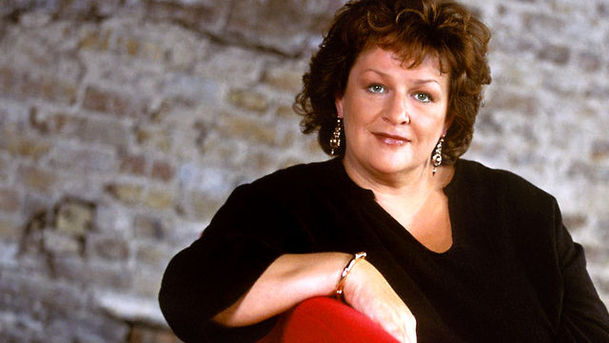
Twenty Minutes - 08/01/2009
Catherine Bott looks at what 2009 has in store for the BBC Symphony Orchestra, talking to Jiri Belohlavek, BBCSO chief conductor and David Robertson, principal guest conductor.
Details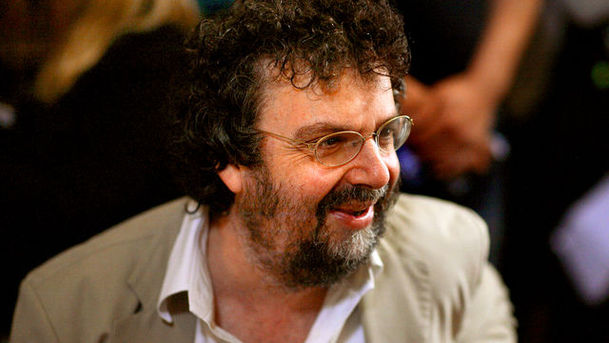
Twenty Minutes - 09/09/2008
Stephen Poliakoff joins Susan Hitch to discuss his favourite Russian literature, and how it relates to his own Russian family history.
Details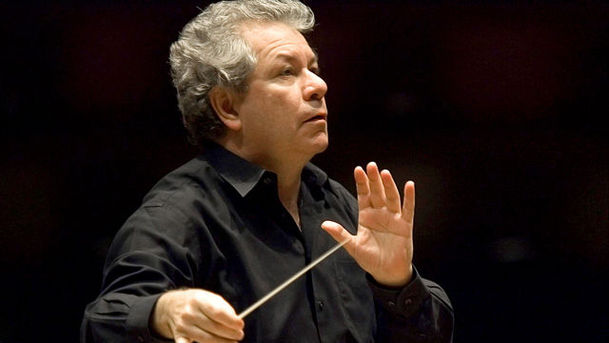
Twenty Minutes - 09/10/2009
Jan Smaczny talks about Martinu's symphonies, and Sara Mohr-Pietsch discusses the new 2009-10 BBC Symphony Orchestra season.
Details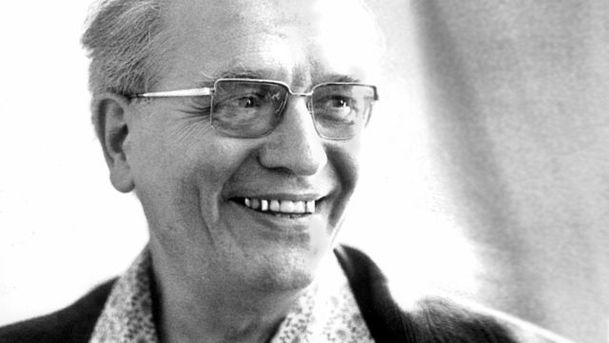
Twenty Minutes - 10/12/2008
In a programme from the foyer of St David's Hall, Petroc Trelawny is joined by Messiaen scholars Christopher Dingle and Caroline Rae to celebrate the composer's centenary.
Details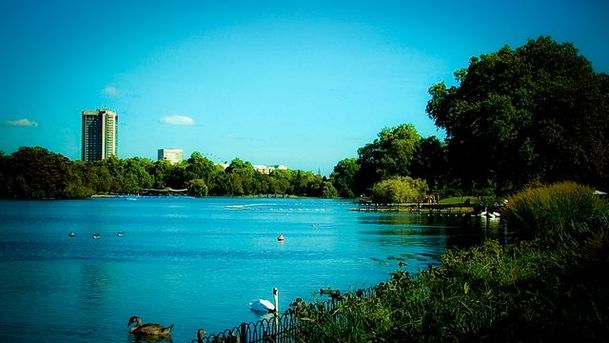
Twenty Minutes - 11/09/2010
Around the parks - musical contributions from Northern Ireland, Wales, Scotland, Salford and Hyde Park in London.
Details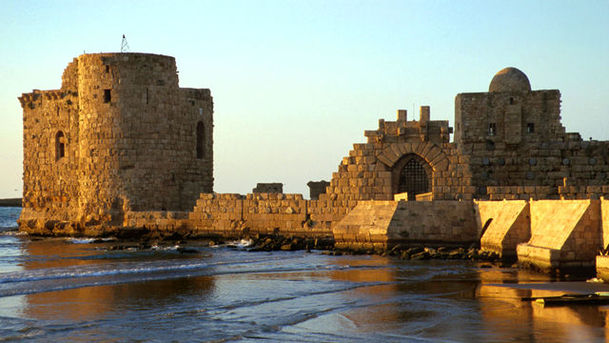
Twenty Minutes - 12/08/2008
Akram Zaatari explores the photographic archives of Studio Shehrazade - half a million images that document 50 years of life in Lebanon through the lives of the people of Saida.
Details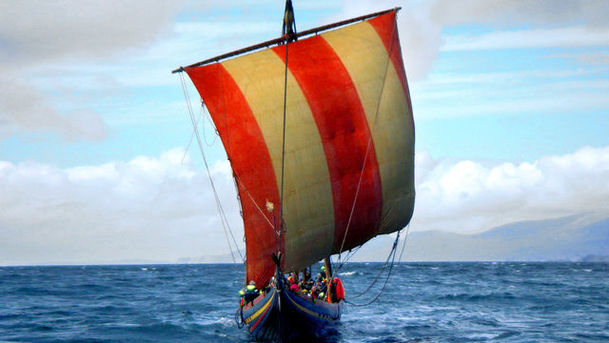
Twenty Minutes - 13/08/2008
Andrew Brown explores the slave-raiding culture of the Viking-era British isles and finds that our own ancestors were not so innocent either.
Details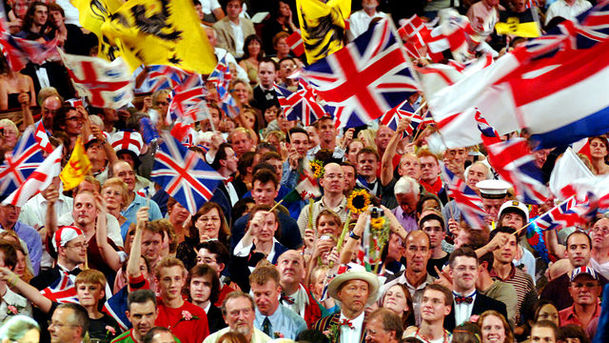
Twenty Minutes - 13/09/2008
A new story by celebrated author and screenwriter Deborah Moggach, written especially to mark the occasion of the 2008 Last Night of the Proms.
Details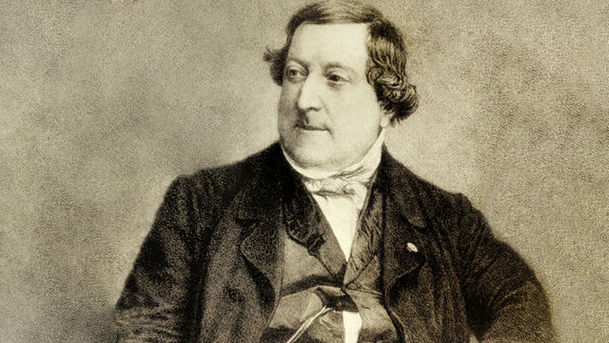
Twenty Minutes - 13/10/2010
Igor Toronyi-Lalic explores Rossini's role in the salons of mid-19th century Paris and the legacy of these salons today.
Details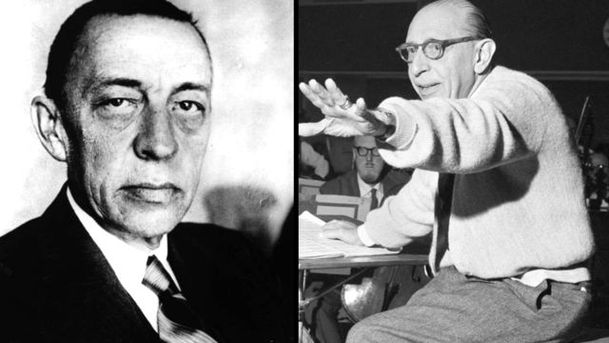
Twenty Minutes - 13/11/2008
Stephen Johnson explores the parallel lives of Rachmaninov and Stravinsky as Russian emigres, and selects some highlights from the 2008 BBCSSO Russian Winter series.
Details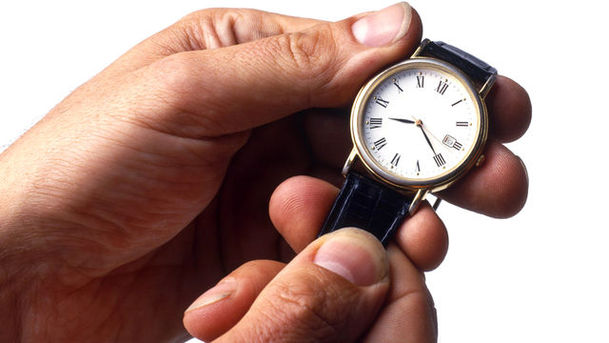
Twenty Minutes - 15/08/2008
As conductor Pierre Boulez takes on a Janacek programme with the BBC SO in a 2008 Prom, he discusses his views on the Czech composer's works with Proms director Roger Wright.
Details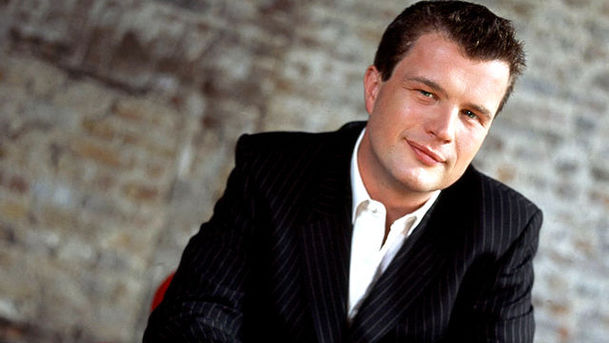
Twenty Minutes - 18/09/2008
Petroc Trelawny talks to BBC Singers chief conductor David Hill and associate composer Judith Bingham about their activities in the studio and outside, and about their future plans.
Details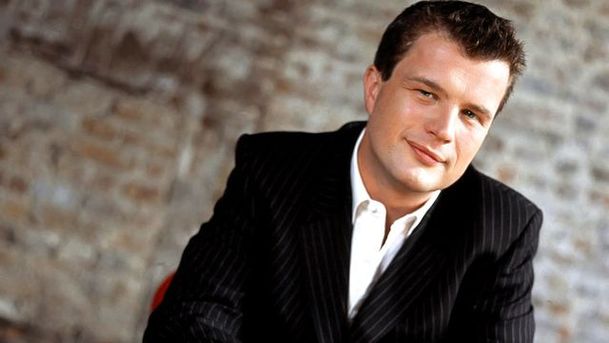
Twenty Minutes - 18/09/2009
Petroc Trelawny discusses 'period performance' on modern instruments. Plus news from the USA on the musicians who first performed Haydn's masses, and the Mass for Troubled Times.
Details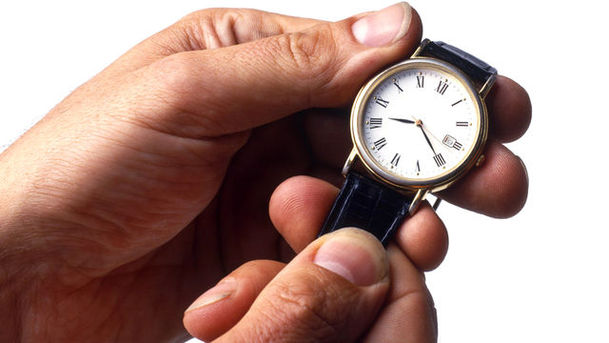
Twenty Minutes - 19/08/2008
Ivan Hewett looks at the career of Edgar Varese, one of the musical world's great outsiders, with reminiscences from his friends and colleagues.
Details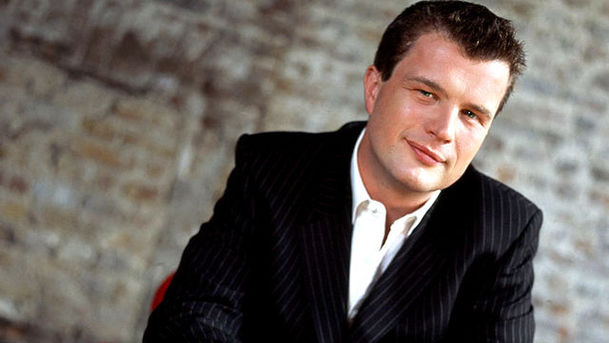
Twenty Minutes - 19/09/2008
Petroc Trelawny and guests discuss the recent portrayal of conductors in BBC TV's Maestro series.
Details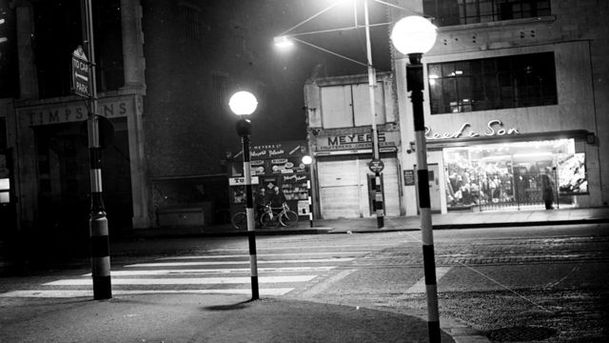
Twenty Minutes - 1934 in History
Historian Juliet Gardiner analyses the political, social and cultural events of 1934 using clips from the BBC sound archive of the period.
Details
Twenty Minutes - 21/08/2008
Richard Foster takes a light-hearted look at energy saving and the great British summer.
Details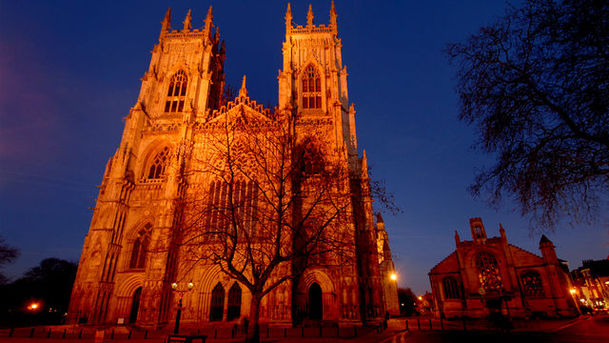
Twenty Minutes - 22/08/2008
Andrew McGregor explores the legacy of the Gurzenich Orchestra, one of Germany's leading symphony orchestras. With music director Markus Stenz and manager Birgit Heinemann.
Details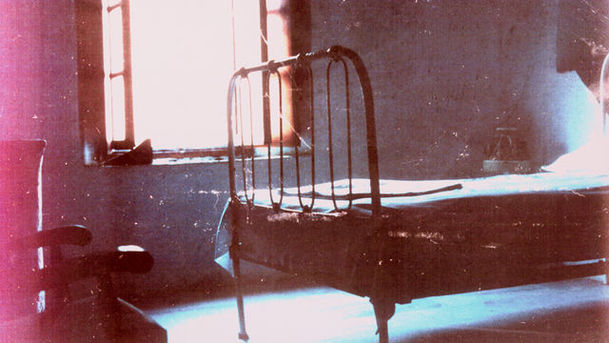
Twenty Minutes - 26/11/2010
Fred D'Aguiar reflects on the room in which Emily Dickinson wrote her poetry. The reclusive Dickinson spent most of her adult life in her room in Amherst, Massachusetts.
Details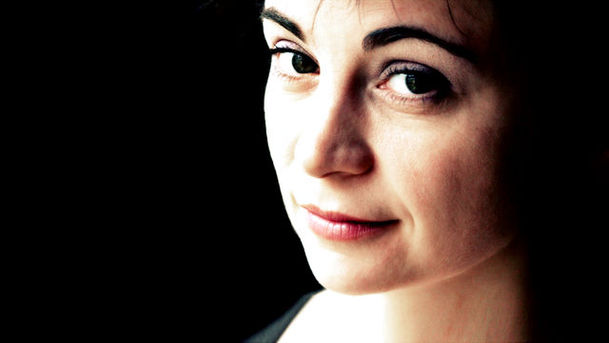
Twenty Minutes - 30/07/2008
Mary Ann Kennedy talks to Son de la frontera about their particular style of flamenco, Justin Adams and Chinese musicians Sa Dingding give Lucy Duran their views on world music.
Details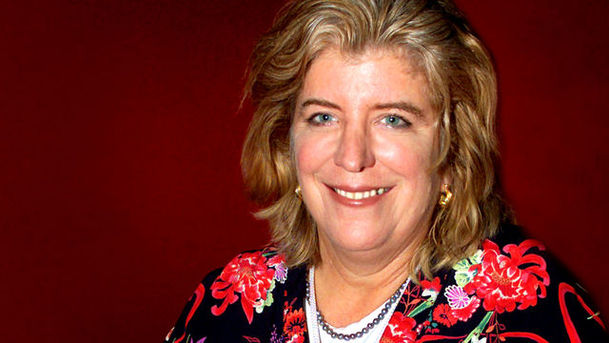
Twenty Minutes - 30/07/2008
Lucy Duran with a tribute to Radio 3's 2008 World Music Americas Award winner Andy Palacio, a Belizean singer/guitarist who died early in 2008. With Palacio's producer Ivan Duran.
Details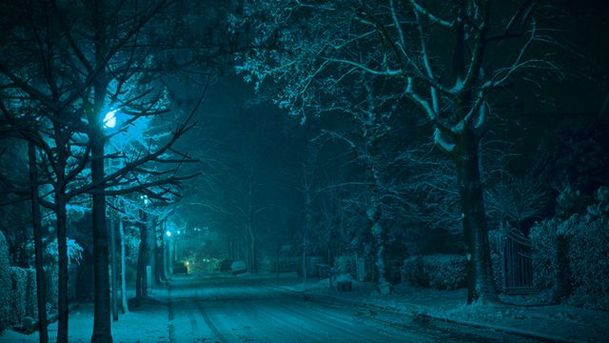
Twenty Minutes - A Country Doctor
Franz Kafka's dream story, translated by Michael Hoffman, centres on a weary doctor called out at midnight in a blizzard to attend to a young boy.
Details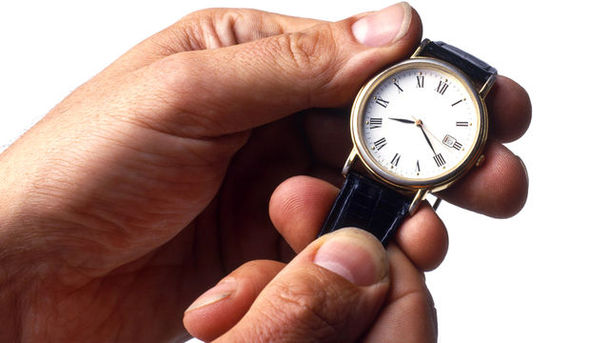
Twenty Minutes - A Dill Pickle
By Katherine Mansfield. Susannah Harker reads an excerpt from this famous story which describes two former lovers meeting again in a London restaurant.
Details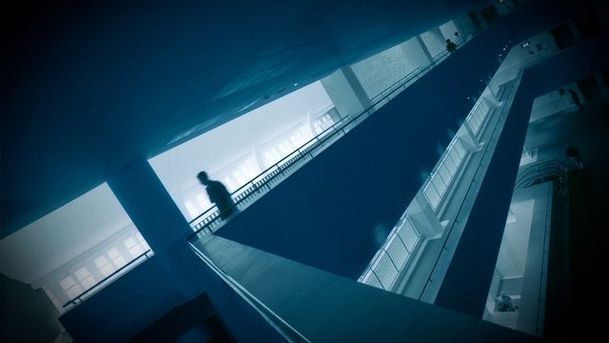
Twenty Minutes - A Marginal History
Justin Champion visits public and academic libraries to see what the defacing of books over many centuries of reading says about the history of reading and information.
Details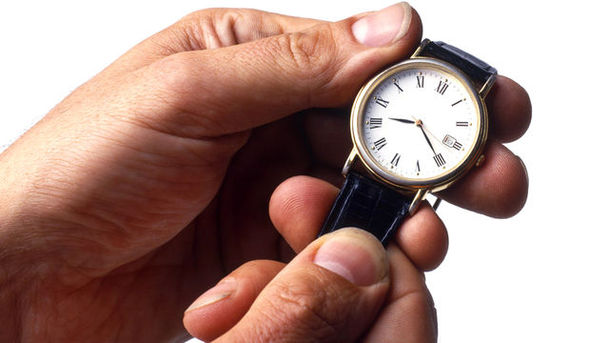
Twenty Minutes - A profile of the New York Philharmonic
A profile of the New York Philharmonic, one of the world's oldest orchestras. With contributions from its president, orchestral players and current music director Lorin Maazel.
Details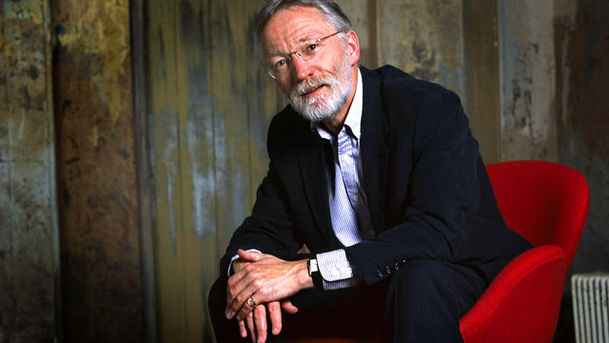
Twenty Minutes - A Soundscape of Colour: The World of Alun Hoddinott (1929-2008)
Donald Macleod presents a profile of one of Wales's most influential creative forces, the composer Alun Hoddinott, after whom the BBC Hoddinott Hall is named.
Details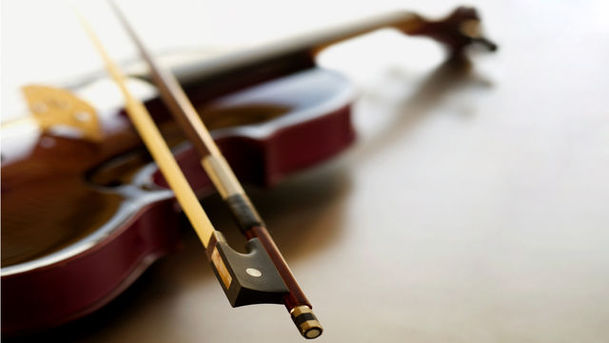
Twenty Minutes - A String to Your Bow
Andrew McGregor explores the intricate craft of making violin bows, learning about the skills and materials needed, as well as the difference a good bow makes.
Details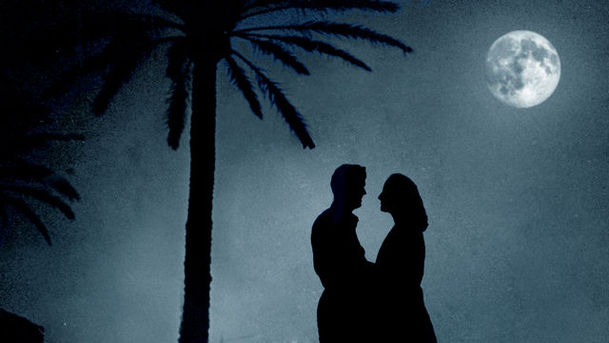
Twenty Minutes - A Tale Told by Moonlight
By Leonard Woolf. An English novelist visiting Ceylon falls hopelessly in love with a native prostitute and buys her out of the brothel where she works. Read by Alex Jennings.
Details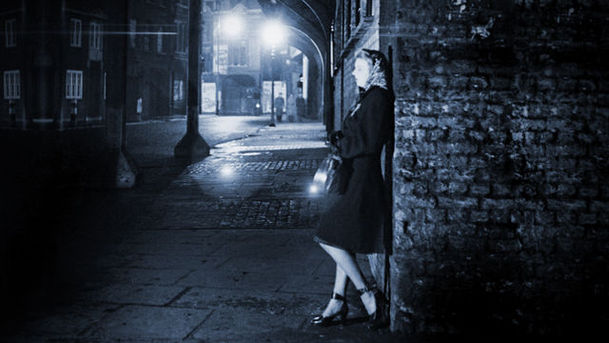
Twenty Minutes - A Woman without a Country
Nathan Osgood reads John Cheever's classic short story about a young woman whose moment of scandal in suburban America causes her to flee to Europe.
Details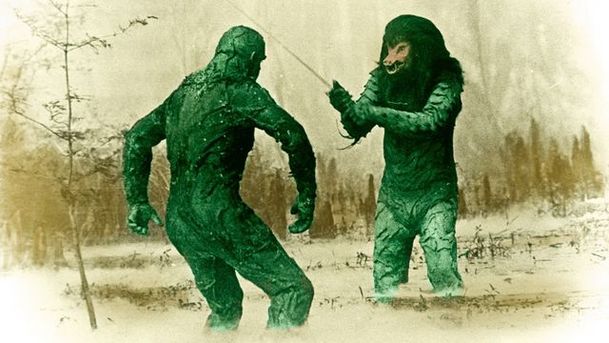
Twenty Minutes - Almost Like Literature
Robert Hanks discusses what George Orwell called 'good bad books' - novels that set out to entertain, but which one way or another do something rather more impressive.
Details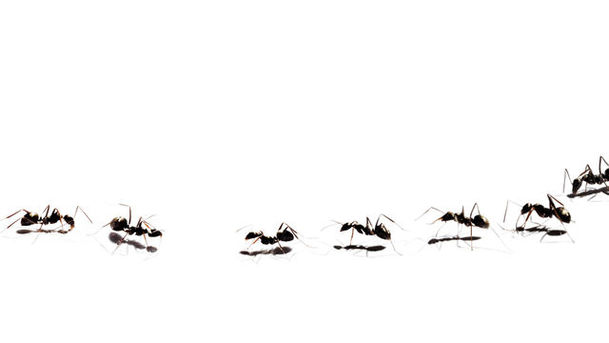
Twenty Minutes - Among Animals and Plants
Rober Chandler introduces the work of Andrey Platonov, perhaps the greatest Russian writer to have written of the worst years of Stalin's dictatorship.
Details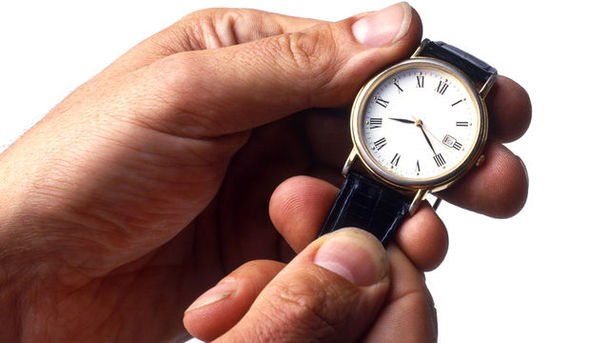
Twenty Minutes - As I Went to Walsingham
Sean Street and Eamon Duffy visit Walsingham, a site of pilgrimage important to Catholic composers such as Philip de Monte, William Byrd, William Mundy, John Sheppard and John Byrd.
Details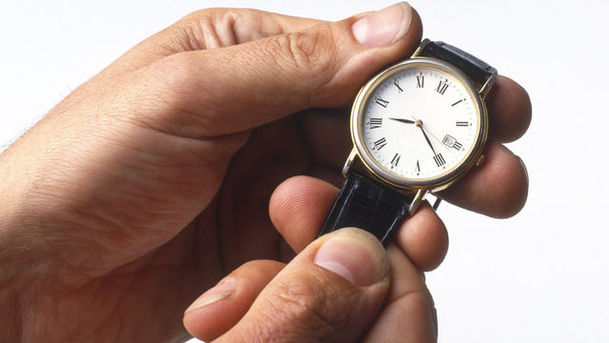
Twenty Minutes - Auld Fergie
Philip Hammond explores the depth of the friendship between composer, pianist and teacher Howard Ferguson, and composer Gerald Finzi, in Ferguson's centenary year.
Details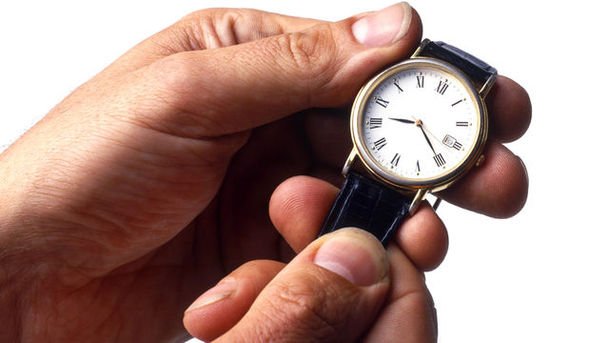
Twenty Minutes - Ba Ba Ba Bum: The Art of the Riff
Richard Coles investigates the power of the repeated musical phrase, focusing on the most famous musical riff ever - in Beethoven's Fifth Symphony.
Details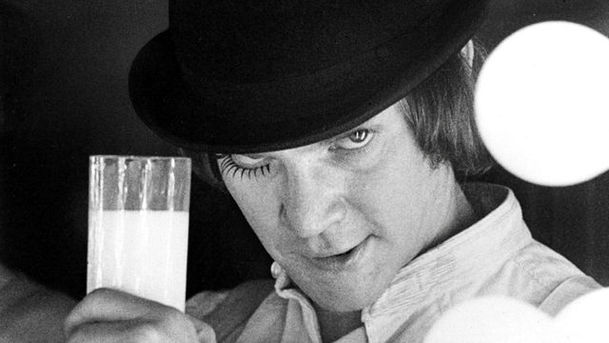
Twenty Minutes - Bach on Screen
Cinema historian Professor Ian Christie explores the impact of Bach's music on films, from Walt Disney's Fantasia to Stanley Kubrick's A Clockwork Orange.
Details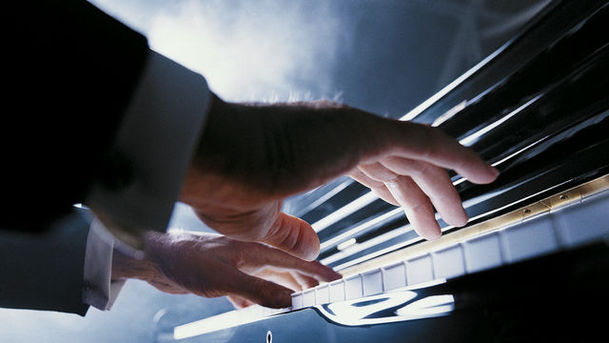
Twenty Minutes - Barcarolle
Rory Kinnear reads Polly Samson's new short story about a piano tuner whose career as a concert pianist was cut short after he suffered a terrible case of stage fright.
Details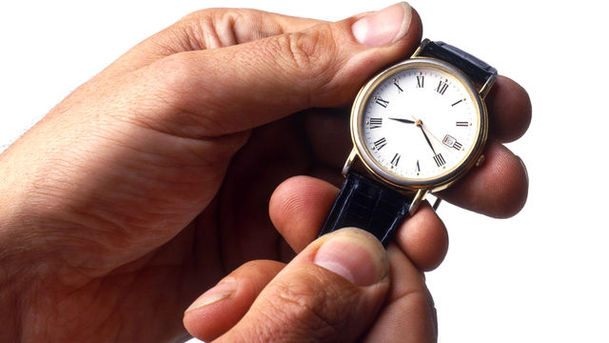
Twenty Minutes - Bard of Ireland - Irish Melodies
Robbie Meredith marks the 200th anniversary of the publication of the Irish poet and musician Thomas Moore's Irish Melodies. With contributions from Nobel Laureate Seaumus Heaney.
Details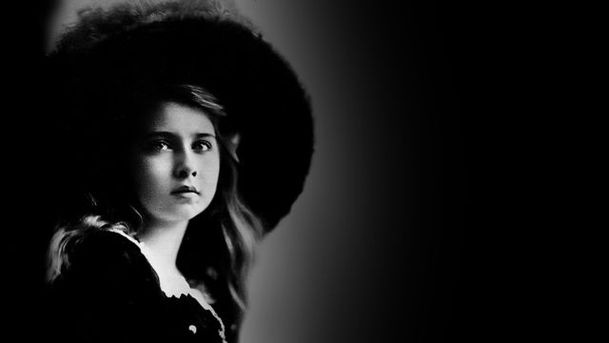
Twenty Minutes - Bartok and the Good Master
Writer Meg Rosoff celebrates The Good Master, a classic children's novel by Hungarian-American writer Kate Seredy, whose lament for traditional life mirrors Bartok's music.
Details
Twenty Minutes - Bath Festival
Petroc Trelawny considers the Bath Festival past and present and talks to its current artistic director Joanna MacGregor about her aims and ambitions for the future.
Details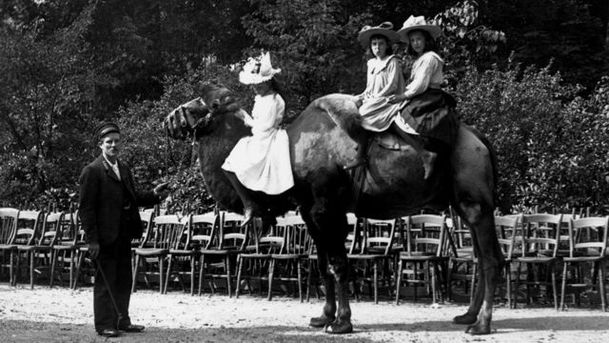
Twenty Minutes - Beastly London
Richard Foster explores the exotic animals of London's past, including lions in the Tower, an elephant with toochache in the Strand and a camel dancing on London Bridge.
Details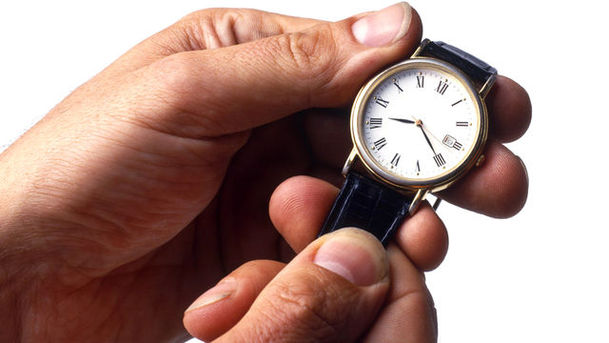
Twenty Minutes - Beethoven's Double Bass
Bassist Rodney Slatford explores the inspiration behind the famous double bass solo in Beethoven's Choral Symphony, the great bassist Domenico Dragonetti.
Details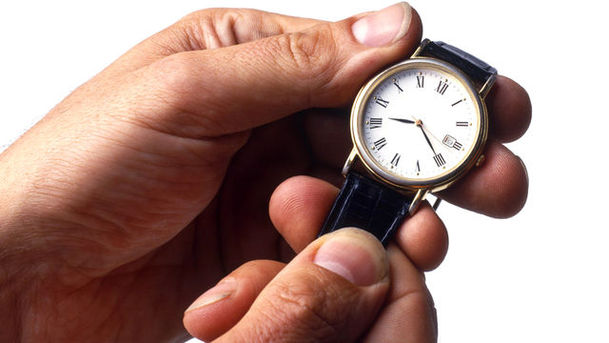
Twenty Minutes - Bernardo Buontalenti - The Florentine Potter
Bernardo Buontalenti - The Florentine Potter: Lars Tharp explores the work of Bernardo Buontalenti, who was responsible for the production of the first European porcelain.
Details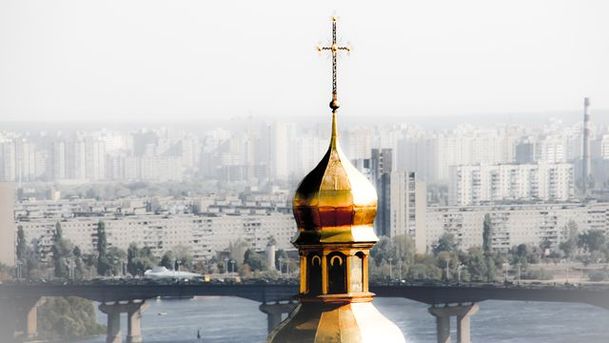
Twenty Minutes - Bulba
Author Anna Reid explores the Taras Bulba story and the way it plays out in the current uneasy relationship between Ukraine and Russia.
Details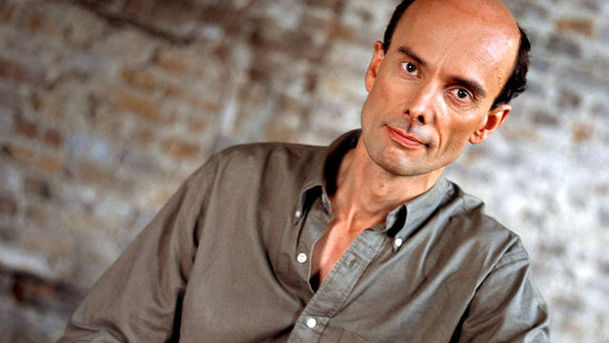
Twenty Minutes - Candide
Martin Handley explores the themes of Candide with its director and Christopher Bigsby, Professor of American Studies at UEA.
Details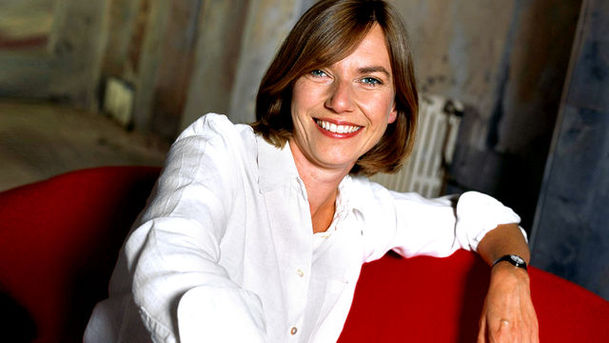
Twenty Minutes - Celebrating St Nicolas
Louise Fryer retraces the genesis of Britten's St Nicolas, talking to some of those who took part in the premiere at Lancing College in 1948.
Details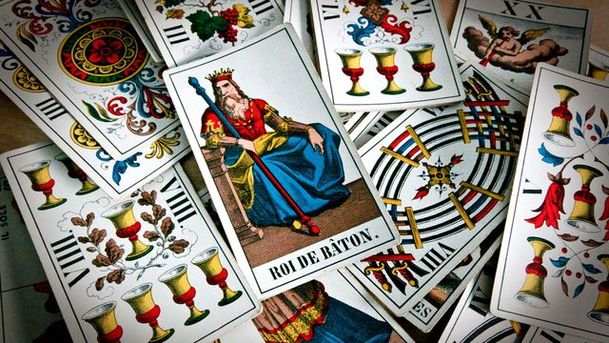
Twenty Minutes - Chance Would be a Fine Thing
John Sessions reads Chance Would be a Fine Thing, an unpublished short story by Anthony Burgess about two women and their ill-fated experiments with tarot cards.
Details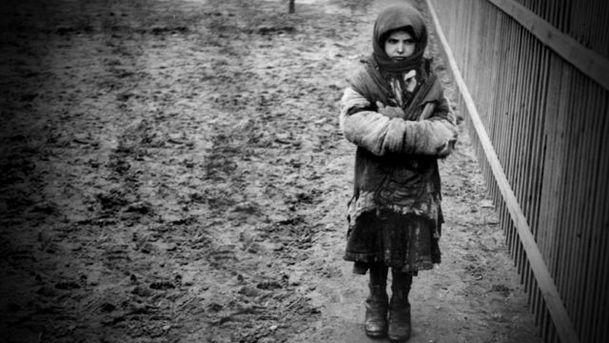
Twenty Minutes - Children of the Revolution
Lesley Chamberlain tells the stories of some of the millions of children displaced by the Russian Revolution.
Details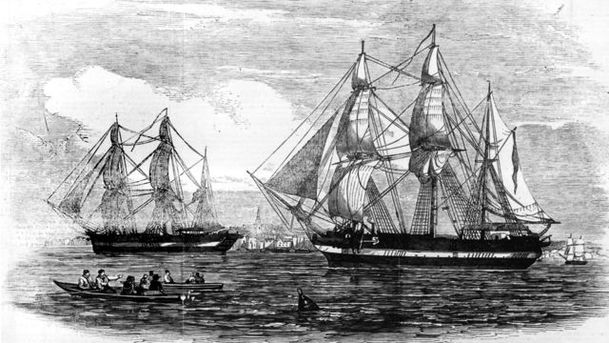
Twenty Minutes - Concerning Franklin and His Gallant Crew
Through a traditional song, Julian May explores the fate of Lord Franklin and his crew on their voyage in search of the Northwest Passage.
Details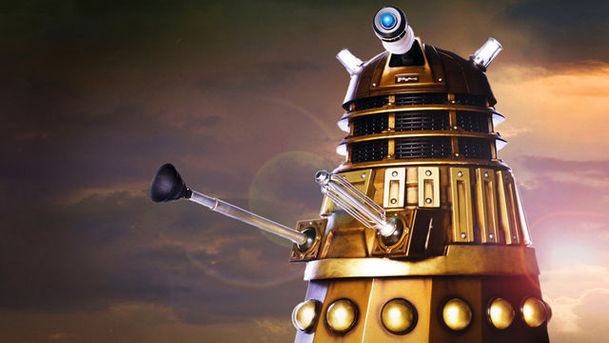
Twenty Minutes - Dance of the Daleks
Matthew Sweet time-travels through Doctor Who's 47-year history to investigate the weird and wonderful soundworld of its incidental music.
Details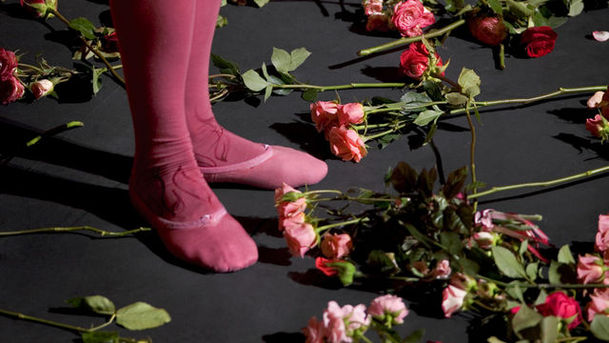
Twenty Minutes - Dance to the Music
Ballet expert and former dancer Deborah Bull unravels the history of music composition for ballet, with the help of Barry Wordsworth of the Royal Ballet.
Details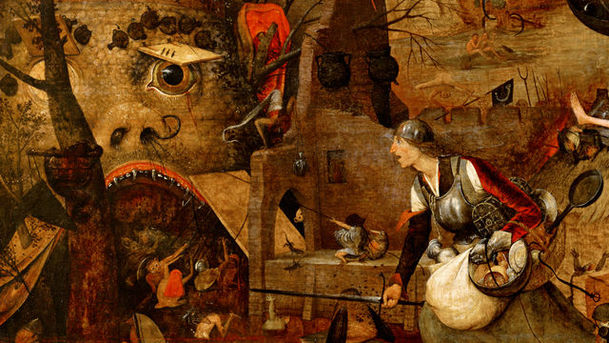
Twenty Minutes - Day of Wrath
Sara Mohr-Pietsch explores the potency of the Dies Irae chant from its sacred origins in the 13th century to its secular use as a familiar motif in the 19th and 20th centuries.
Details
Twenty Minutes - Denglisch No More?
Thomas Franke explores his home town of Berlin, meeting those who embrace - and those who push back against - the rising tide of English words in today's German.
Details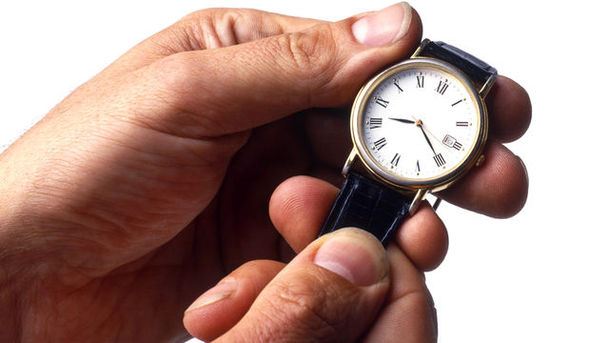
Twenty Minutes - Dr Rowan Williams on Dostoevsky
The Archbishop of Canterbury Dr Rowan Williams joins Susan Hitch to consider faith, suffering and nihilism in the work of the novelist Fyodor Dostoevsky.
Details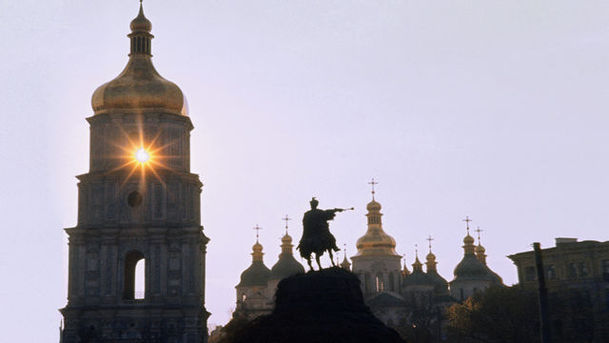
Twenty Minutes - Dusk Walk
Novelist Michele Roberts walks in the city of Kiev as daylight turns to dusk, then records her experiences, noting how the world at this hour magically transforms in the blue light.
Details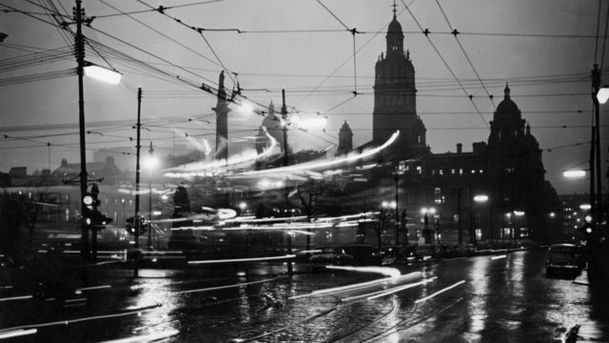
Twenty Minutes - Edwin Morgan
Liz Lochhead's tribute to the late Edwin Morgan, regarded as Scotland's national poet. He lived most of his life in Glasgow and much of his poetry reflected his love of the city.
Details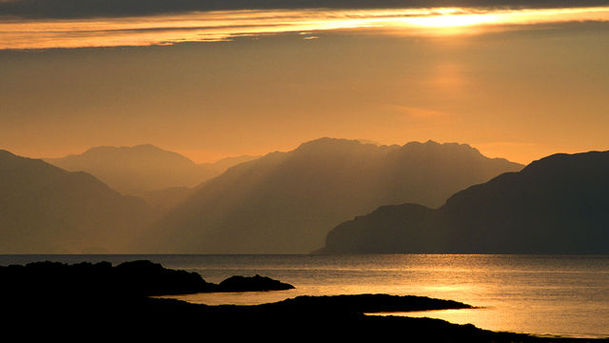
Twenty Minutes - Entrance to the Underworld
Historian Domhnall Uilleam Stiubhart of Edinburgh University's Celtic department and archaeologist Steven Birch explore the mysterious High Pasture Cave on the island of Skye.
Details
Twenty Minutes - Everything's OK
Everything's OK, by Daniela Crasnaru: Bill Nighy reads a story by an acclaimed Romanian writer. Conductor Gheorghe Iliu receives some curious telegrams from his family back home.
Details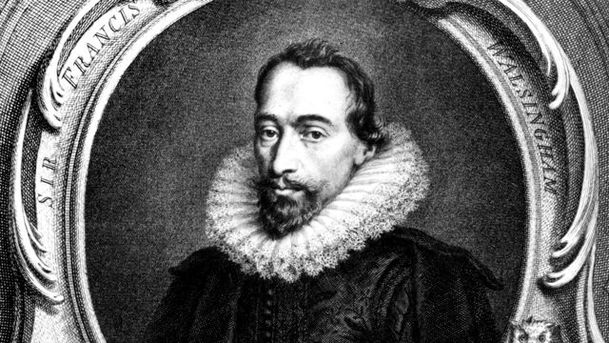
Twenty Minutes - Eyeing the Spymaster
Poet Alison Brackenbury responds to John de Critz's portrait of Sir Francis Walsingham, whose writings Judith Bingham used in composing See and keep silent.
Details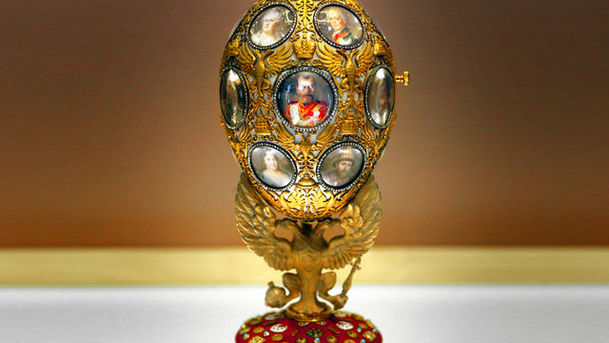
Twenty Minutes - Faberge's Eggs
John Rowe reads an extract from Toby Faber's book about jewellery designer Carl Faberge, in which he explores the inspiration behind the designs of the famous eggs.
Details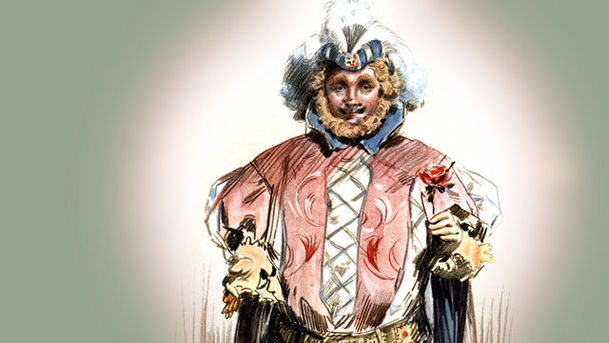
Twenty Minutes - Falstaff: The Bad Man We All Need
Paul Allen reflects on the fascination of composers and writers with the figure of Falstaff - the bad man we all need in order to grow up, and who always dies.
Details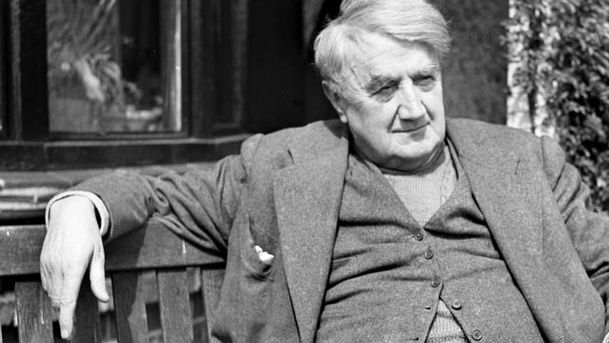
Twenty Minutes - Fantasia on a Theme
Roy Palmer explores the songs Vaughan Williams collected, and how they inspired him
Details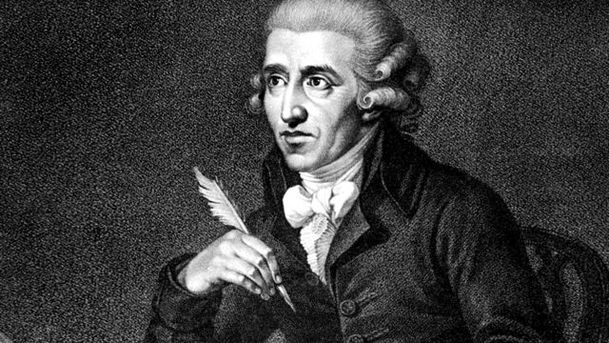
Twenty Minutes - Farewell Symphony, by Stephen Wyatt
Richard Briers plays Haydn in a short play about the last days of the composer's life. In May 1809, as French troops take Vienna, Napoleon arranges for an officer to visit Haydn.
Details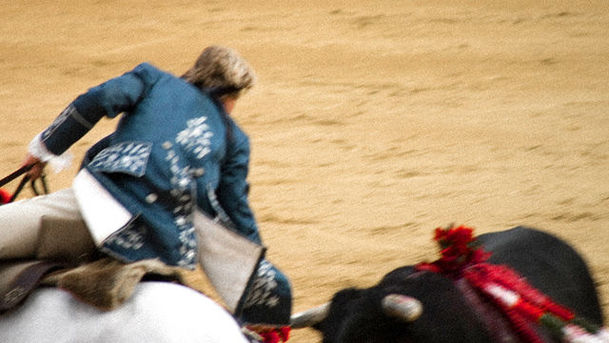
Twenty Minutes - Fiesta
A portait of the Fiesta del Pilar, a traditional celebration held annually in the Spanish city of Zaragoza in honour of the country's female patron saint.
Details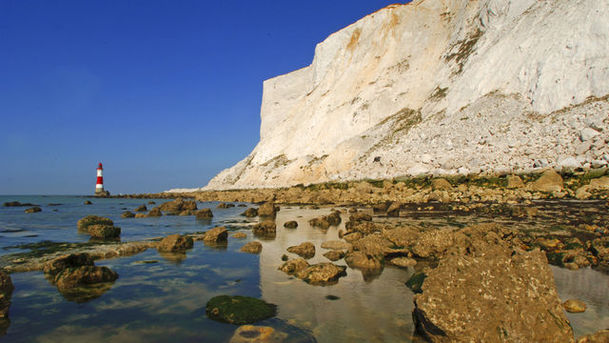
Twenty Minutes - Final Exposure
Christine Finn explores the private world of late British landscape photographer Fay Godwin, who left London in 1995 and moved permanently to a secret location in Sussex.
Details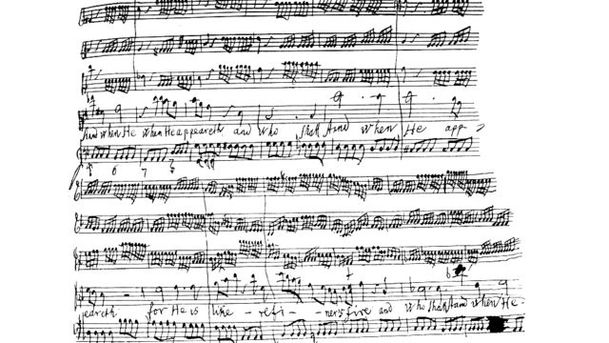
Twenty Minutes - Handel Week - The Mouth of the Lord
Richard Coles, Simon Heighes and Ruth Smith discuss the real meaning of the text Handel set in the Messiah as well as the way succeeding generations have viewed the piece.
Details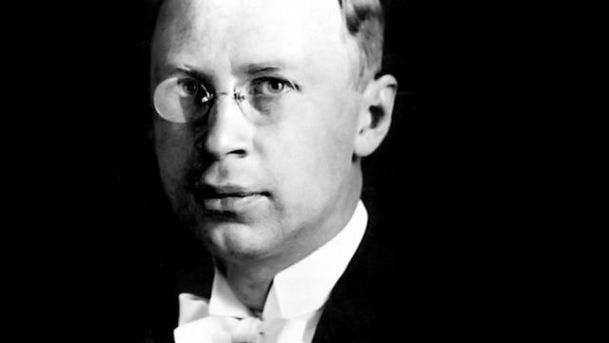
Twenty Minutes - Happy Endings
Happy Endings: Paul Allen explores the allure of the happy ending, looking at the story of the Prokofiev's original version of Romeo and Juliet with composer Gerard McBurney.
Details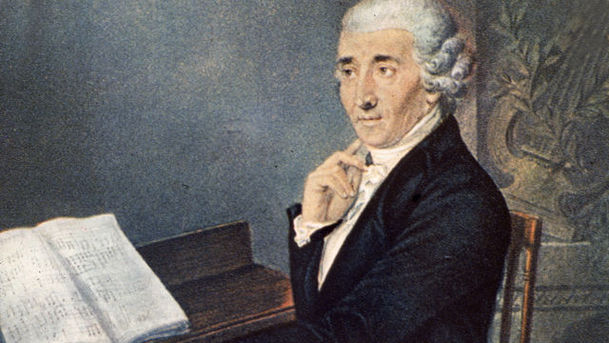
Twenty Minutes - Haydn and the Enlightenment
Dermot Clinch investigates the influence of Freemansonry and the Enlightenment on Haydn's music. Contributions are from Dermot David Schroeder, Keith Moore and Simon McVeigh.
Details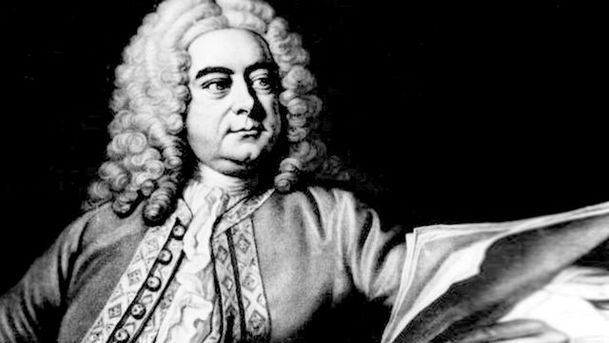
Twenty Minutes - Haydn and the Enlightenment
Dermot Clinch explores the influence of Enlightenment ideas on Haydn and his membership of the Freemasons. With contributions from David Schroeder, Keith Moore and Simon McVeigh.
Details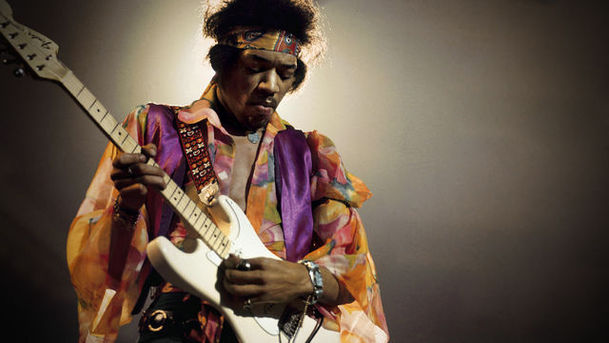
Twenty Minutes - He Played It Left-Hand
Novelist Louise Doughty investigates the influence of left-handedness on creativity, including her own. Are left-handers more creative and likely to develop as artists?
Details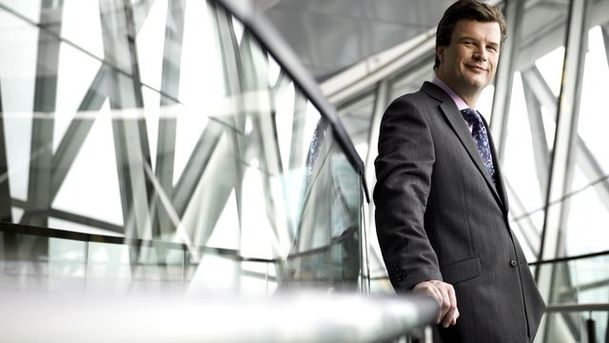
Twenty Minutes - Holst's School Days
Petroc Trelawny visits St Paul's Girls School in West London, where Holst taught. Recent pupils as well a former one, Margaret Eliot, talk about the composer's influence.
Details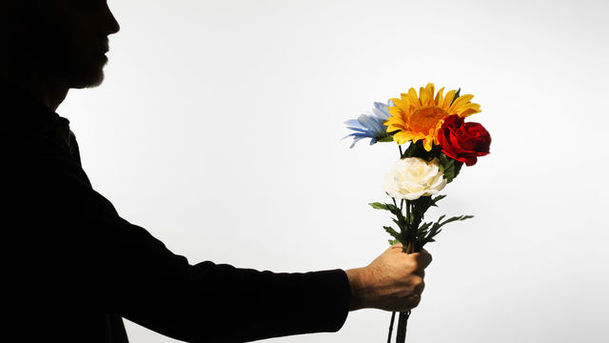
Twenty Minutes - I'm Sorry I Killed Your Fish
Linguist Eva Ogiermann of Portsmouth University considers how different cultures apologise, and what the variations say about underlying cultural differences.
Details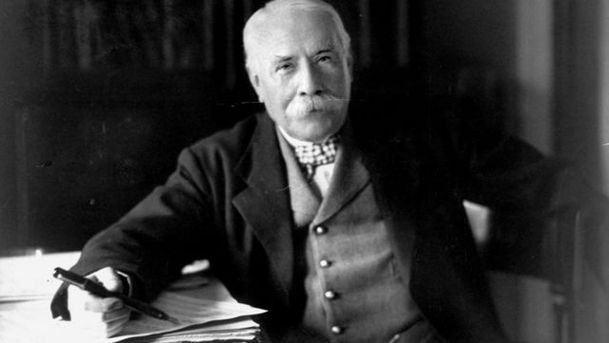
Twenty Minutes - In Memoriam 1934
David Owen Norris looks through the newspapers of 1934 to find out how obituary writers and the public responded to deaths of Elgar, Holst and Delius.
Details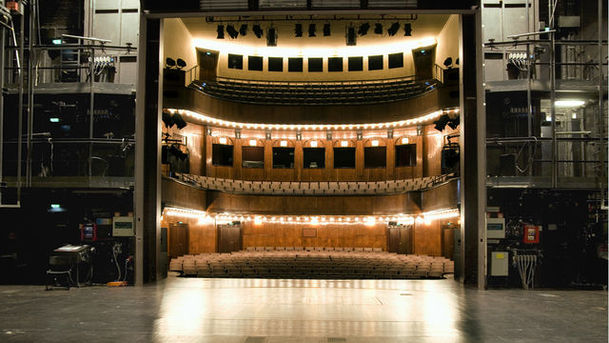
Twenty Minutes - Inside the Orchestra
Horn player and humourist Ian Fisher reveals what really happens off the concert platform, from the chaos of the bandroom to the highly defined etiquette of the coach journey home.
Details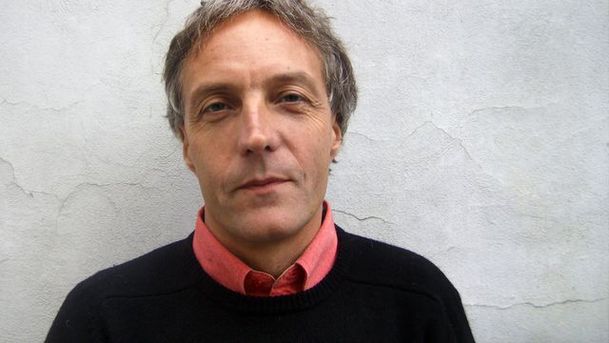
Twenty Minutes - Inside the Revolution
Nick Thorpe, the BBC's Central Europe correspondent, reads from his book '89: The Unfinished Revolution, with excerpts from audio tapes he made.
Details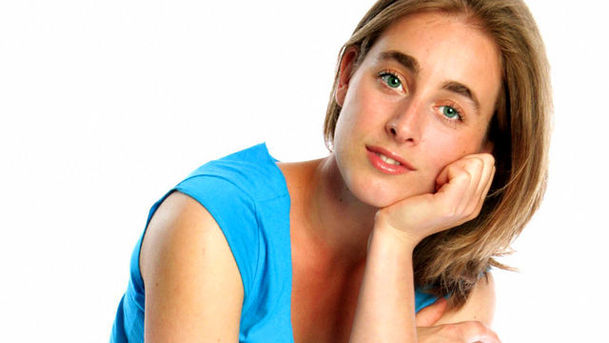
Twenty Minutes - Jonathan Harvey and the IRCAM Factor
Sara Mohr-Pietsch explores the work of IRCAM, the organisation dedicated to contemporary musical research and production. With the music and thoughts of composer Jonathan Harvey.
Details
Twenty Minutes - Judith Weir - Songs and Texts
Judith Weir talks to Iain Burnside about her songs and the texts she likes to use.
Details
Twenty Minutes - Judith Weir: Stories From Life
Judith Weir: Stories from Life. A self-portrait of Judith Weir in words and music.
Details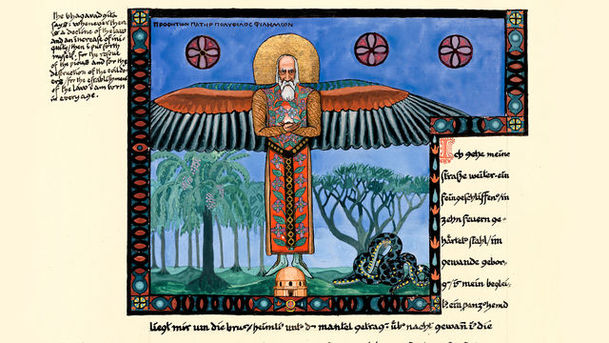
Twenty Minutes - Jung's Red Book
Bidisha explores Carl Jung's Red Book, recently made available to the public, in which he developed his theories and also created a beautiful work of art.
Details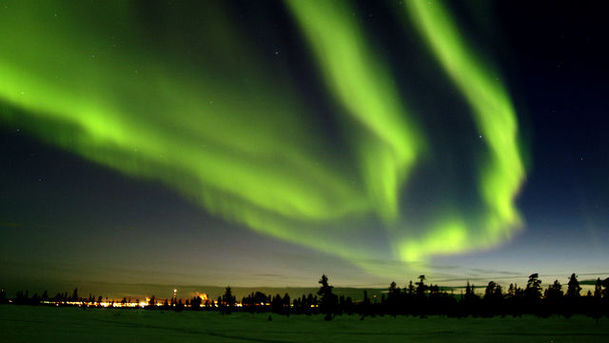
Twenty Minutes - Kenny Taylor - My Northern Lights
A programme following Kenny Taylor, a writer, musician and broadcaster, as watches the night sky, contemplating the science, myth and magic of the Northern Lights.
Details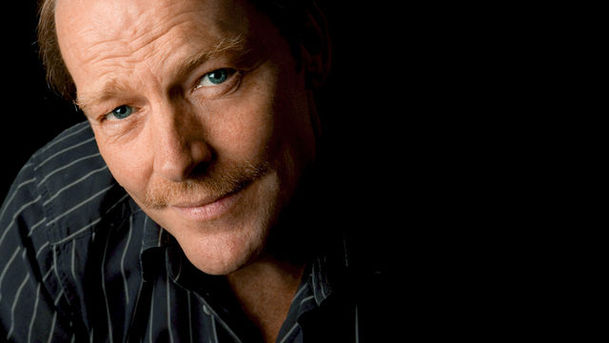
Twenty Minutes - Konstantin Melnikov
Iain Glen reads travel writer and novelist Bruce Chatwin's account of his trip to Moscow to see the reclusive architect Konstantin Melnikov at his famous house.
Details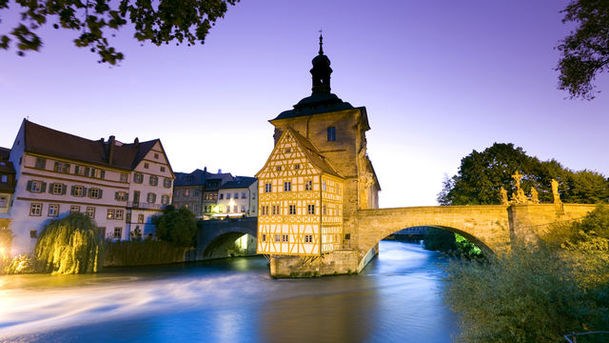
Twenty Minutes - Land of Music
Horn player Fergus McWilliam discovers why music-making is so rich and so revered in Germany, and he is joined by Bamberg SO conductor Jonathan Nott and music critic Klaus Geitel.
Details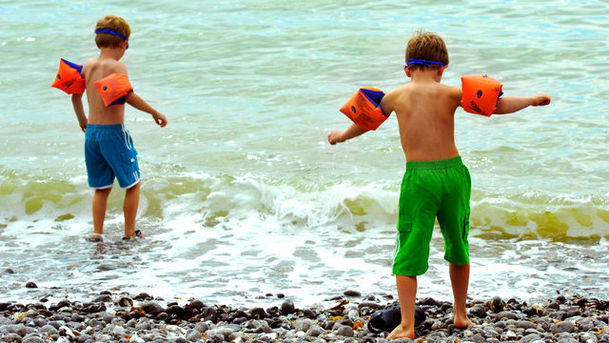
Twenty Minutes - Learning to Swim
Writer and early-morning swimmer Ian Sansom asks why we learn to swim and reflects on the significance of swimming in literature. Is it a way of escaping into the imagination?
Details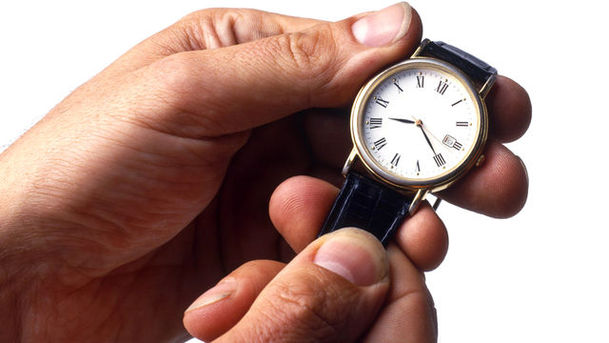
Twenty Minutes - Let's Do the Timewarp Again
Science fiction writer Justina Robson explores the many meanings of the Timelord, asking what his trips through time and space tell us about our own country's dreams.
Details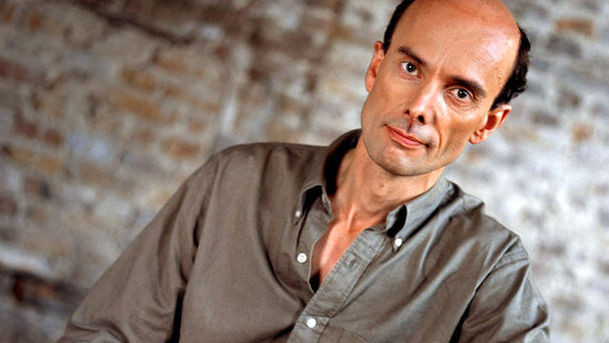
Twenty Minutes - Light Music/Roger Roger
Martin Handley talks to BBC Concert Orchestra conductor laureate Barry Wordsworth about light music. Plus the BBC CO's learning and outreach work and the music of Roger Roger.
Details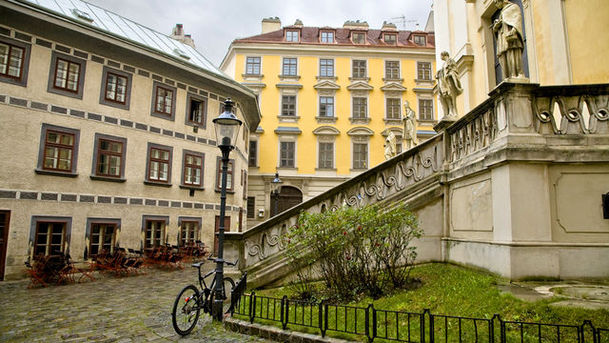
Twenty Minutes - Live from Vienna
Behind the scenes at the New Year's Day Concert, presented from Vienna by Brian Kay. With Georges Pretre's reflections on the concert and Roderick Swanston discussing its origins.
Details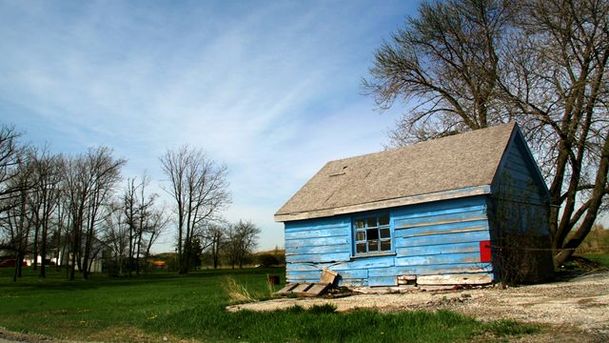
Twenty Minutes - Matryona's House
Stephen Critchlow reads Alexander Solzhenitsyn's short story from 1953, about Matryona, an impoverished but generous peasant woman living in a remote Russian village.
Details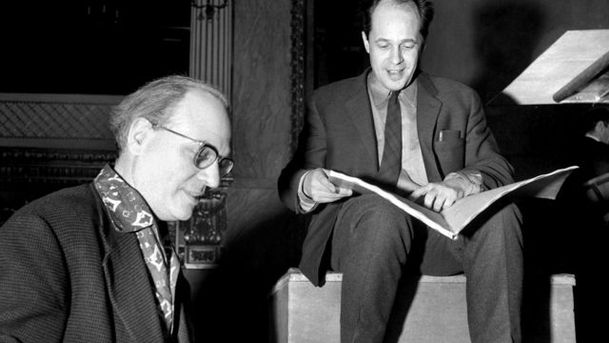
Twenty Minutes - Memories of Messiaen
As part of the Proms's celebration of Messiaen's centenary in 2008, former pupils Pierre Boulez, Tristan Murail and George Benjamin, recall their studies with him.
Details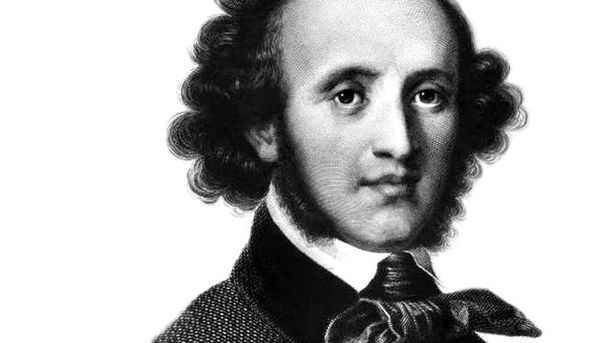
Twenty Minutes - Mendelssohn
Louise Fryer is joined by Prof John Deathridge and Mendelssohn's great-great-great-great niece Sheila Hayman to discuss the composer's life and work.
Details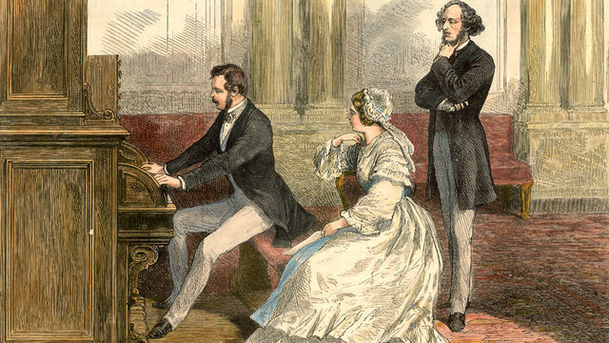
Twenty Minutes - Mendelssohn at Buckingham Palace
Sean Rafferty goes to Buckingham Palace to find out about the visits Mendelssohn made there to see the young Queen Victoria and Prince Albert.
Details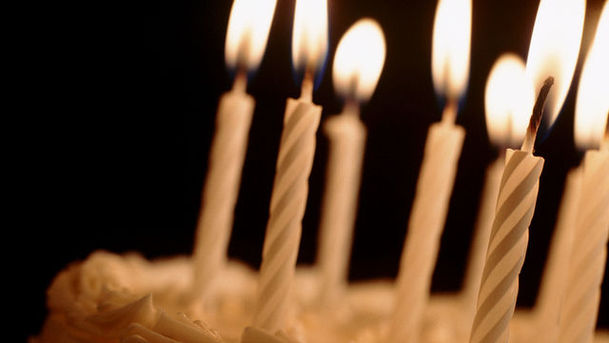
Twenty Minutes - Michael Longley at 70
The renowned Belfast poet and professor of poetry for Ireland celebrates his seventieth birthday in 2009 with a look back over his life, reading a poem from each decade.
Details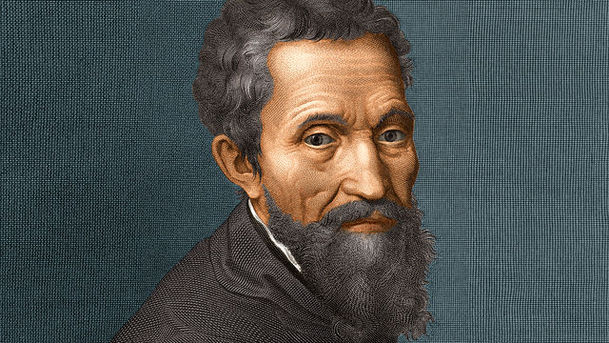
Twenty Minutes - Michelangelo the Poet
Mario Petrucci looks at the much-neglected poetry of Michelangelo, asking what drew artistic figures such as Shostakovich to them.
Details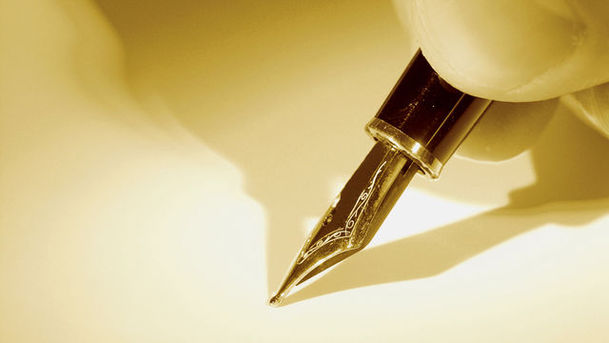
Twenty Minutes - Miklos Radnoti: Poet of My Heart
Actress and writer Mia Nadasi discusses the life and work of celebrated Hungarian poet Miklos Radnoti, who died in 1944 at the hands of the Nazis.
Details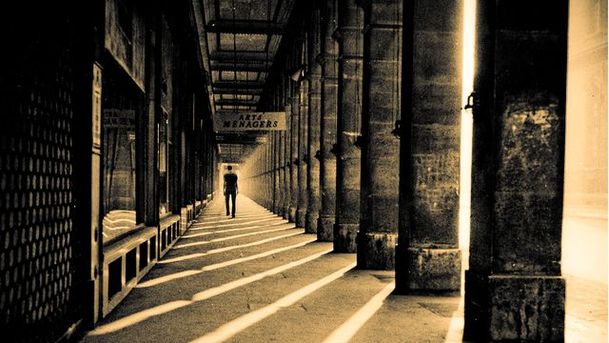
Twenty Minutes - Monsieur Rose
In Irene Nemirovsky's short story the well-heeled Monsieur Rose is forced to flee Paris as the chaos and panic of the Second World War gathers pace. The reader is David Horovitch.
Details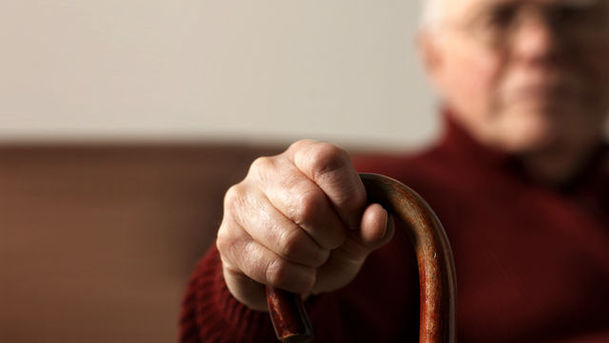
Twenty Minutes - Moon Enterprises Inc and the Door
Stuart McLoughlin reads two stories by award-winning German author and poet Michael Kruger about eccentric grandfathers and the power they wield over their respective families.
Details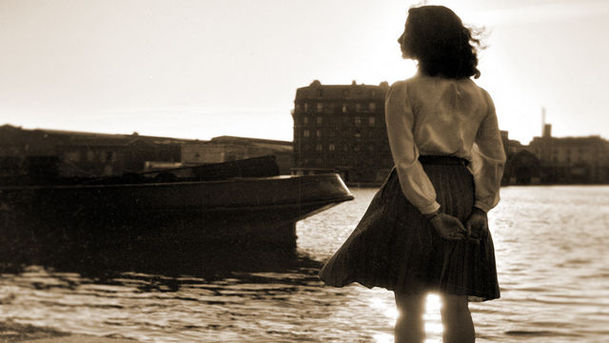
Twenty Minutes - Mouche
Guy de Maupassant's classic short story of love and friendship in the summertime, read by Bill Nighy.
Details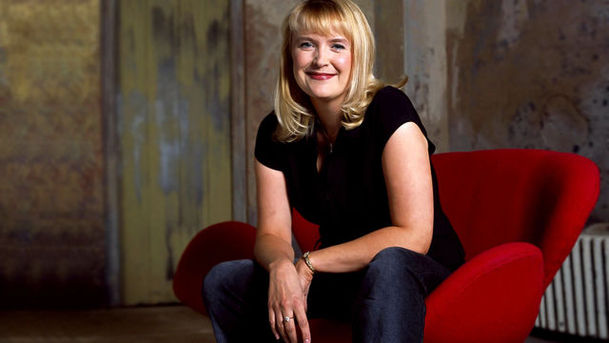
Twenty Minutes - Move over Darling...
Sarah Walker explores the often intense world of the piano duo, where great music-making sometimes collides with personal relationships.
Details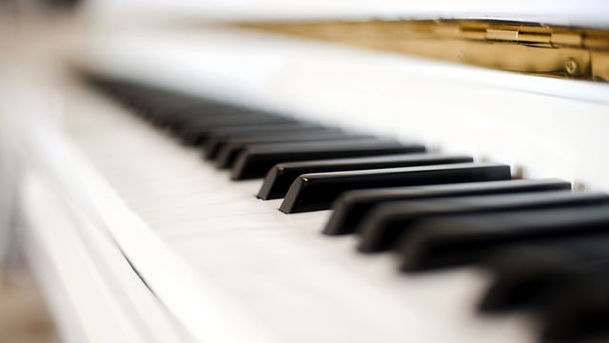
Twenty Minutes - Moving Pianos
A behind-the-scenes peek at the process of moving pianos onto the stage of the Royal Albert Hall during the BBC Proms - and what can go wrong.
Details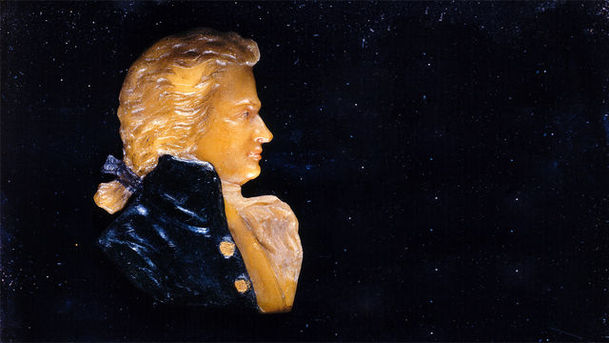
Twenty Minutes - Mozart the Englishman
Historian Sarah Lenton explores the influence of England and the English on Mozart and examines just how much of an 'Englishman' the composer really was.
Details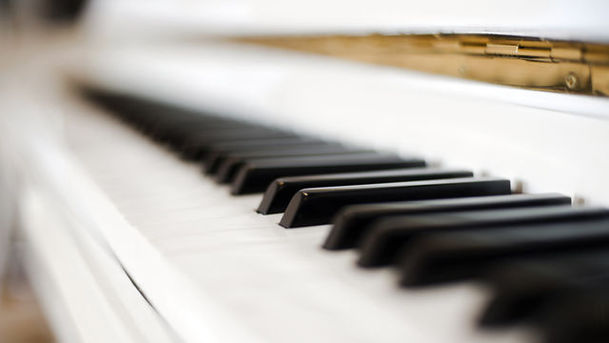
Twenty Minutes - Multiple Pianos
From the Royal Albert Hall, Sarah Walker explores the world of multiple pianos and talks with performers from Prom 33.
Details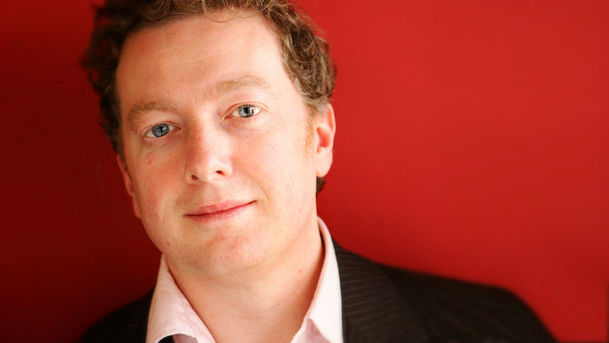
Twenty Minutes - Music at Crystal Palace
Matthew Sweet takes a journey back in time to investigate the musical legacy of the Crystal Palace Saturday Concerts. With contributions from Steve Grindlay and Sarah Lenton.
Details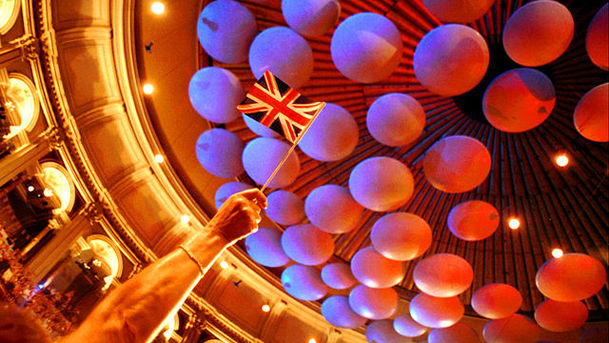
Twenty Minutes - My First Prom
My First Prom: A first-timer attends his first ever Prom concert, weaving his way through the memories of performers and patrons, staff and stalwarts.
Details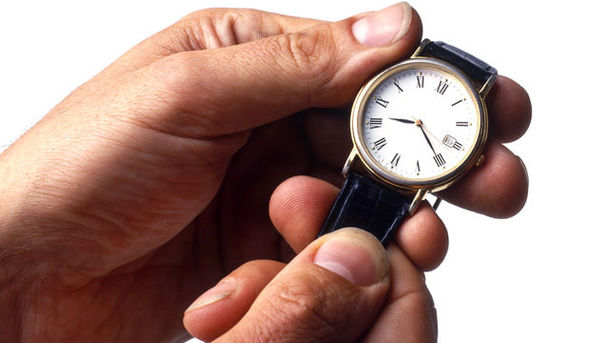
Twenty Minutes - My Summer Job
Series of talks in which writers talk about the temporary jobs they took before taking up writing full time. Is the summer job an enemy of promise or the best experience for a would-be writer?
Details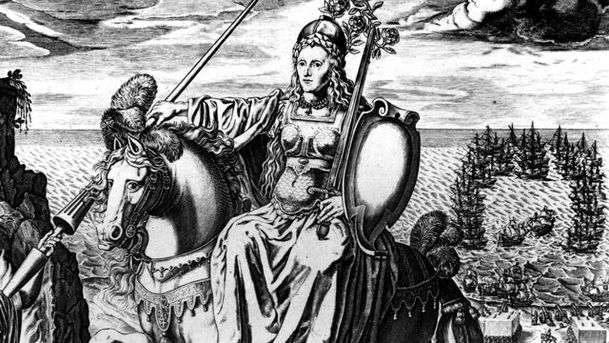
Twenty Minutes - Myth and Reality of Queen Elizabeth I
Rana Mitter hosts a discussion about the myth and reality of Queen Elizabeth I with historian Alison Weir and literary critic John Carey. Part of 2009's BBC Proms Literary Festival.
Details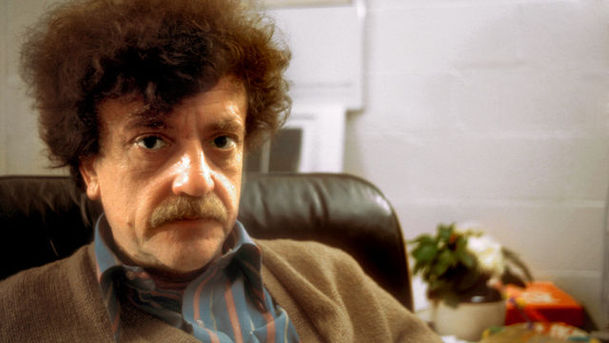
Twenty Minutes - Next Door
Mark Bazeley reads Kurt Vonnegut's cautionary tale about eavesdropping. A well-intentioned act by a young boy who overhears the couple next door arguing unleashes chaos.
Details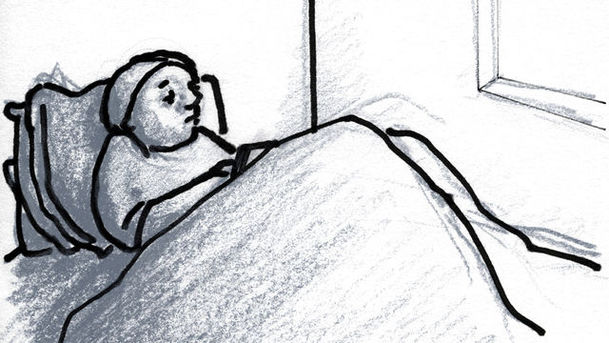
Twenty Minutes - Oblomov
A discussion about Ivan Goncharov's novel Oblomov, published in 1859 featuring a hero who is considered to be the greatest couch-potato in literature.
Details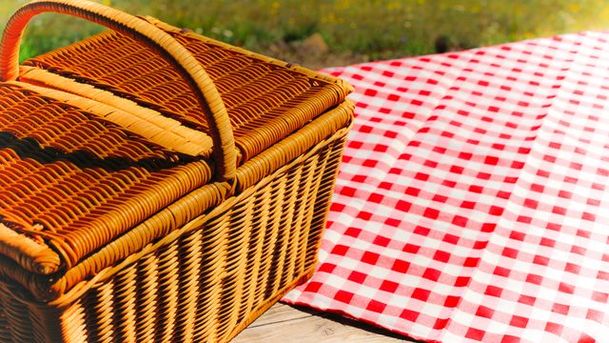
Twenty Minutes - On Life and Picnics
A short series on that most British institution - the picnic
Details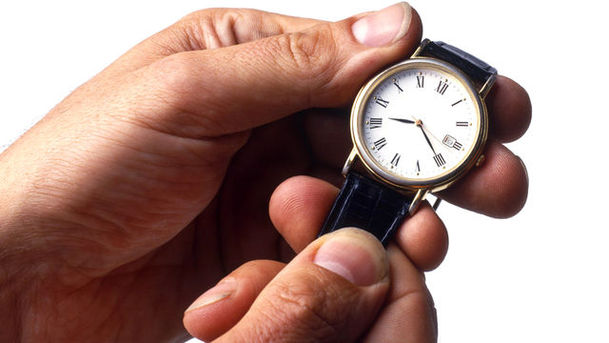
Twenty Minutes - On Planet Hoffnung
Comedian and classical music specialist Rainer Hersch remembers Gerard Hoffnung's brilliant and eccentric contribution to the comic side of classical music.
Details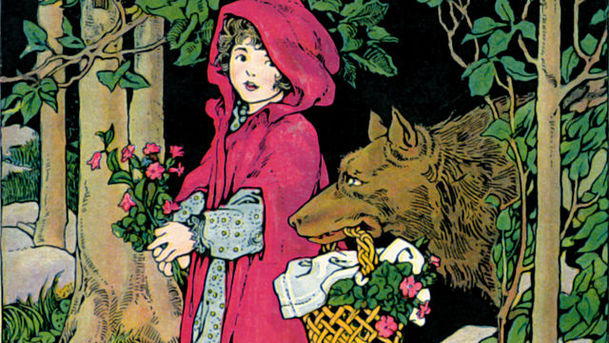
Twenty Minutes - Once Upon a Time...
An exploration of the dark, sinister and enchanted world of fairy tales. Michael Rosen, AS Byatt and Richard Mabey take us into the realm of magic, strange events and good and evil.
Details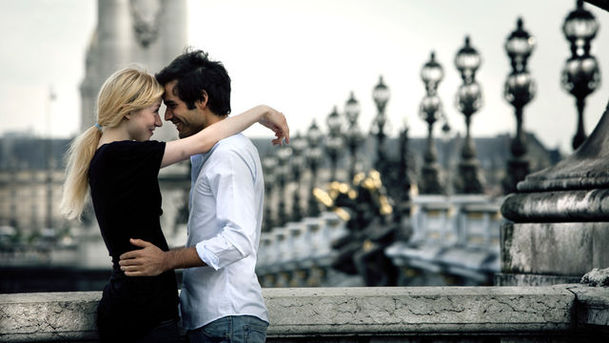
Twenty Minutes - Our Lady of Paris
Daniyal Mueenuddin's love story set against a cultural divide, centres on Sohail, the young heir to an industrial empire in Pakistan, and his American girlfriend.
Details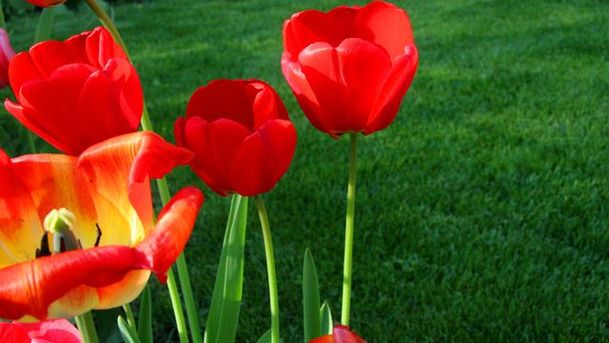
Twenty Minutes - Park Life
Poet Anjum Malik reflects on the historic Buile Park in Salford, considering the importance of parks in city life and what the place means to the city's different cultures.
Details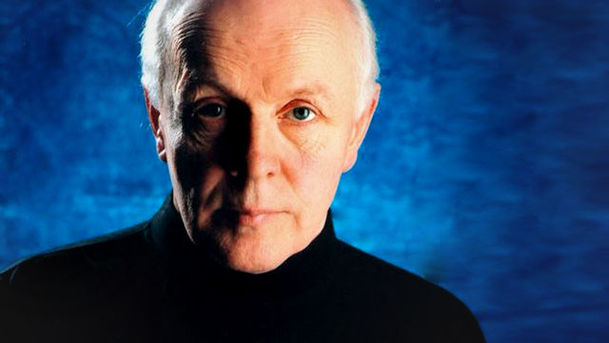
Twenty Minutes - Pasternak and Creativity
John Rowe reads Evening by Boris Pasternak - a prose poem about a young poet found among other unfinished jottings long after the writer's death in 1960.
Details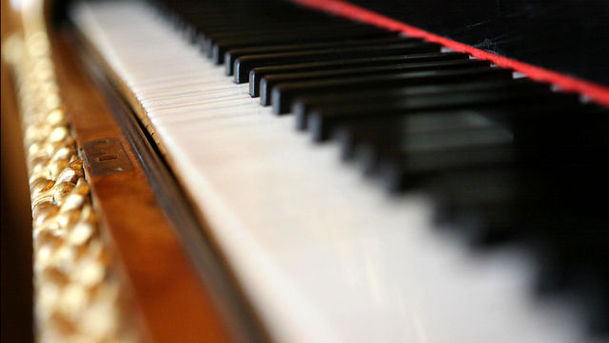
Twenty Minutes - Piano
An extract from Jean Echenoz's best-selling French novel about a boozy concert pianist, facing up to his big night on stage. Read by David Horovitch.
Details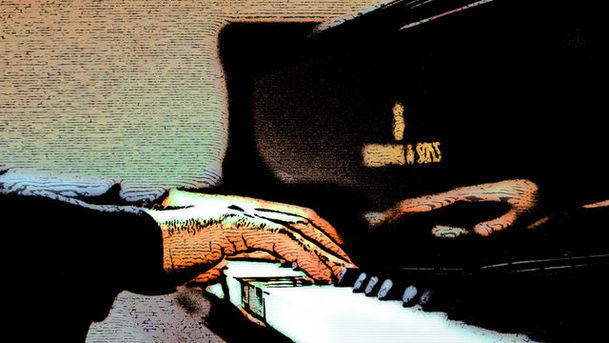
Twenty Minutes - Piano, by Jean Echenoz
David Horovitch reads an excerpt from the comic novel celebrating the life of a concert pianist who not only drinks too much, but also suffers from stage fright.
Details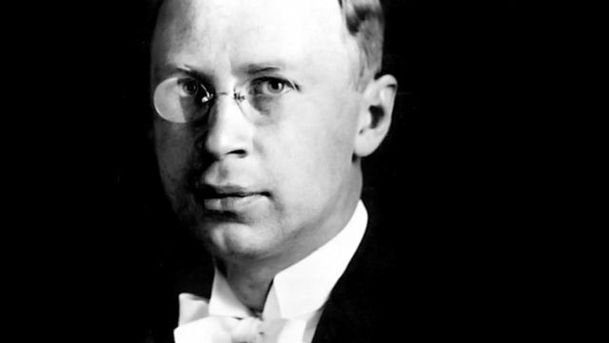
Twenty Minutes - Pictures Re-arranged
Composer and producer Gabriel Prokofiev looks at arrangements of Mussorgsky's Pictures at an Exhibition, originally written for piano, from orchestral to heavy metal versions.
Details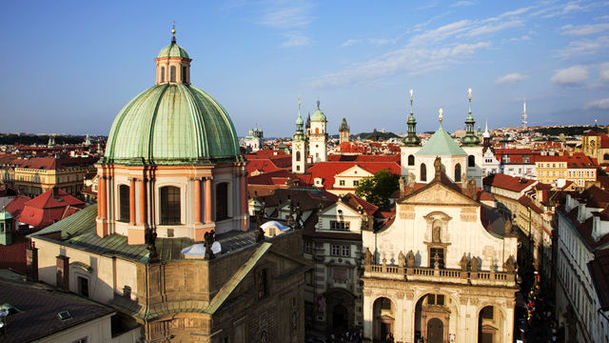
Twenty Minutes - Prague Pictures
John Rogan reads from John Banville's book on Prague, which features architecture, street life, political reminiscence and some fruit dumplings at a 'literary pub'.
Details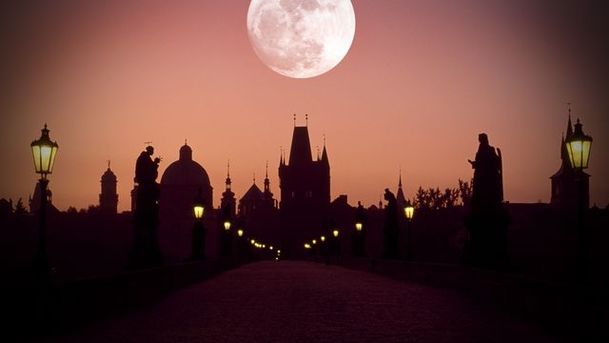
Twenty Minutes - Prague Pictures
John Banville's lyrical account of his first visit to this great city takes in the architecture, street life, political reminiscence and some fruit dumplings at a 'literary' pub.
Details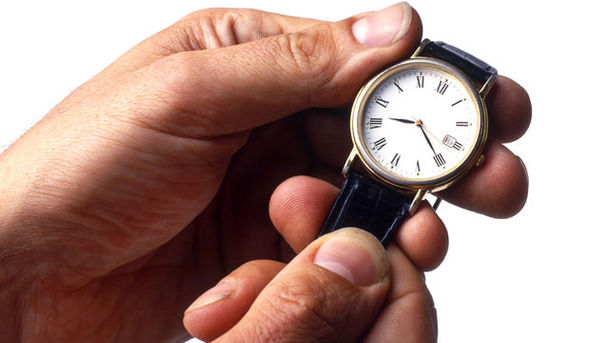
Twenty Minutes - Prayer
By Istvan Orkeny. A short story told by a mother who must identify the body of her dead son, an emotional journey from denial to acceptance that unfolds with quiet passion.
Details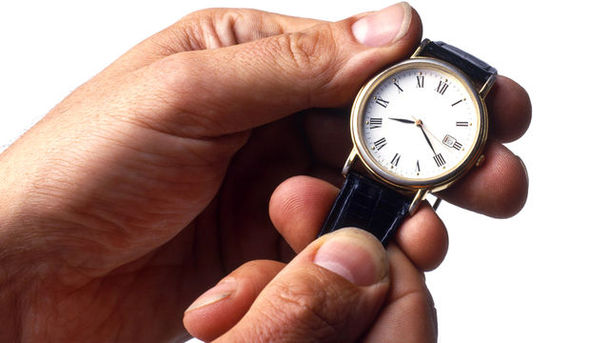
Twenty Minutes - Proms Plus: Belshazzar
Catherine Bott talks to critic, writer and broadcaster Roderick Swanston and theatre historian Sarah Lenton to examine the creation of Handel's Belshazzar.
Details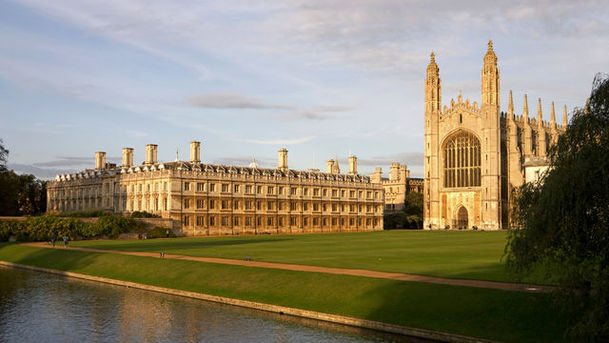
Twenty Minutes - Proms Plus: Cambridge University at 800
Proms Plus: Cambridge University at 800. Louise Fryer hosts a discussion to mark Cambridge University's 800th anniversary.
Details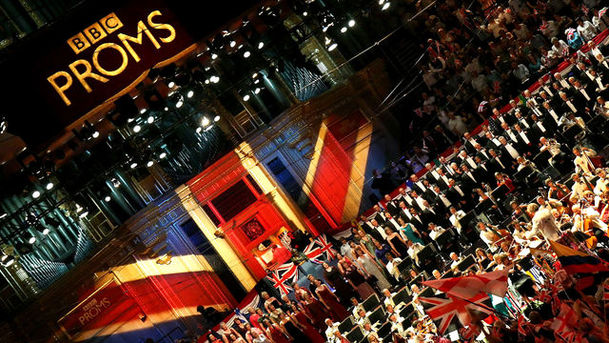
Twenty Minutes - Proms Plus: Il tabarro
Suzy Klein discusses Puccini's opera Il tabarro with musicologists Roger Parker and Alexandra Wilson.
Details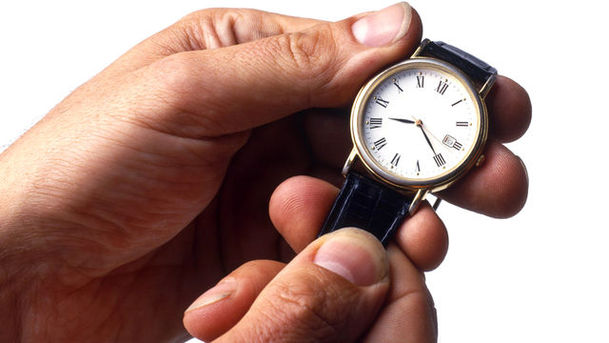
Twenty Minutes - Proms Plus: Olivier Latry
Tom Service talks to French organist Olivier Latry about his role as a titulaire des Grandes Orgues at Notre Dame Cathedral in Paris, discussing his work on five continents.
Details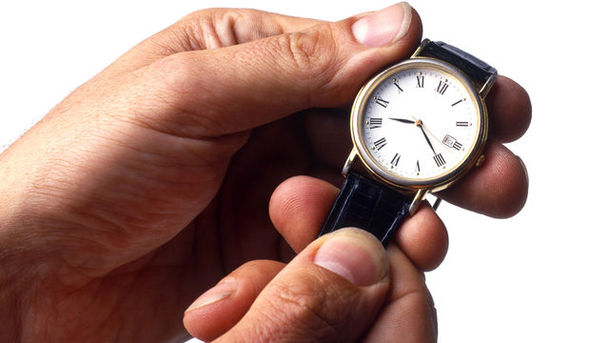
Twenty Minutes - Proms Plus: Roger Norrington
Proms Plus: Martin Handley talks to Roger Norrington.
Details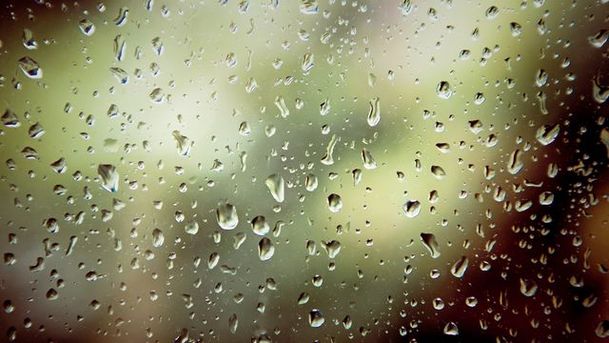
Twenty Minutes - Rain
Poet and archaeologist Peter Didsbury reveals his love of rain, describing how it grew out of his interest in literature, as well exploring as idioms used to talk about it.
Details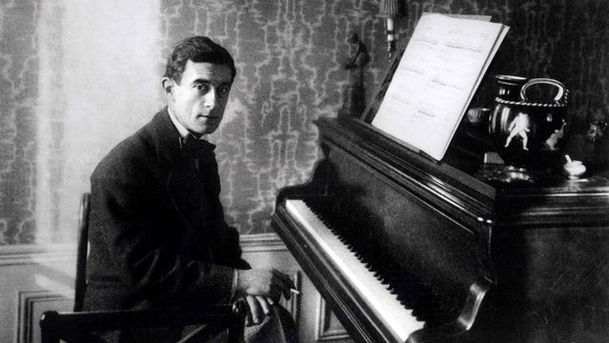
Twenty Minutes - Ravel in Paris
Barbara Kelly visits the 9th arrondissement in Paris to explore links between Ravel's music and the area where he spent much of his life composing and socialising.
Details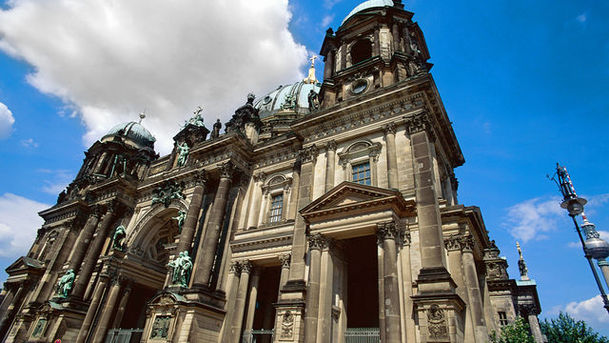
Twenty Minutes - Rebellion
Tom Goodman-Hill reads from Joseph Roth's novel Rebellion. Set in Berlin after World War I, it features the anti-hero Andreas Pum, who attempts to woo the widow Blumich.
Details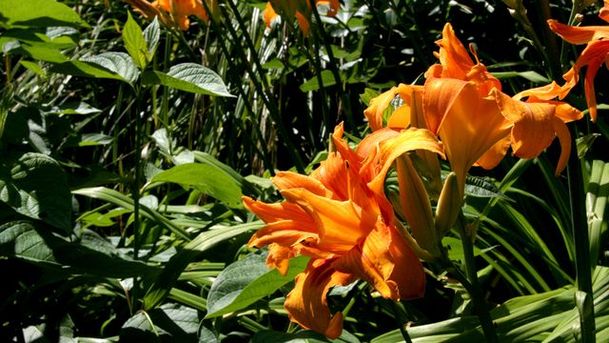
Twenty Minutes - Requiem for a Garden of Eden
Scholar and writer Professor Janet Todd peers over the wall into an abandoned Venetian garden and recalls its magical literary past.
Details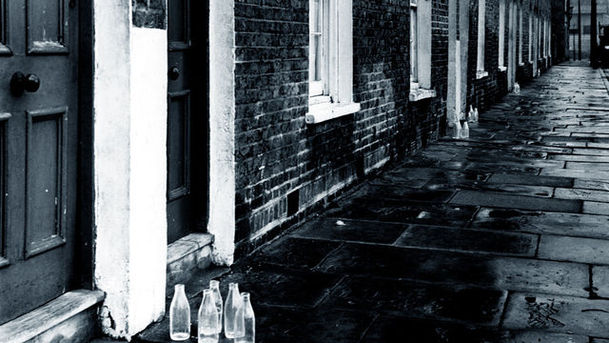
Twenty Minutes - Rimbaud in London's Desolation Row
Programme about the last London home of poet lovers Arthur Rimbaud and Paul Verlaine. The building is both shrine and memorial to them.
Details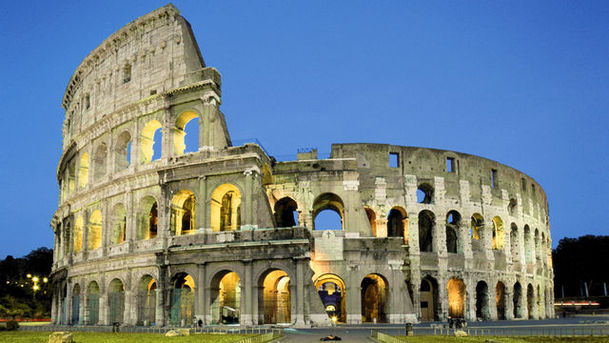
Twenty Minutes - Rome and the Writer's Response
James Woodhall discusses his own and various literary figures' responses to the city of Rome.
Details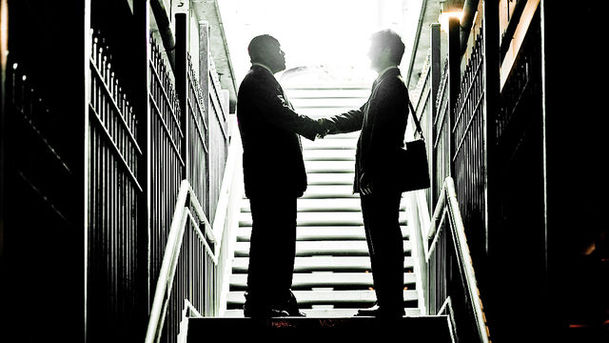
Twenty Minutes - Ryabov and Kozhin
Izrael Metter's short story in which a man confronts the former policeman who had a hand in his own father's fate many years back.
Details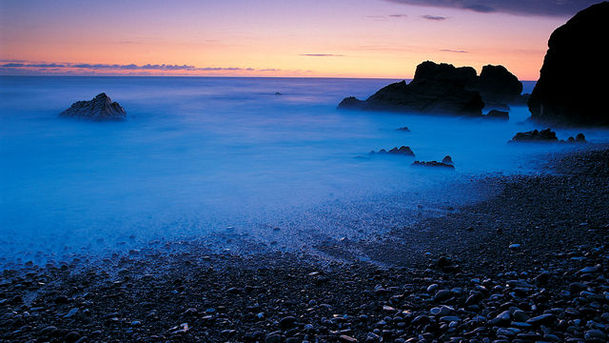
Twenty Minutes - Seadrift
Artist and film-maker Jane Darke reflects on the flotsam and jetsam of the shipping lanes that gets washed up at the bottom of her garden in north Cornwall.
Details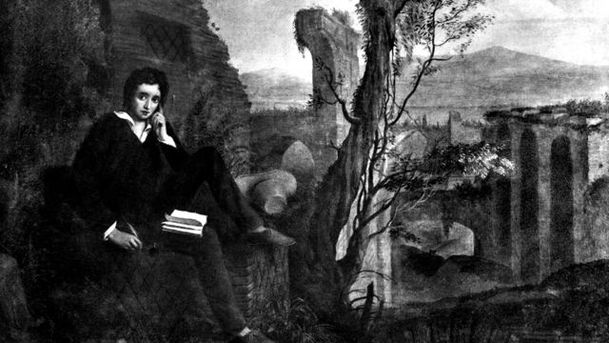
Twenty Minutes - Shelley's Invocation
Paul Farley explores Shelley's poem Invocation, the inspiration behind Elgar's Second Symphony, which begins with the line: 'Rarely, rarely comest thou, spirit of delight'.
Details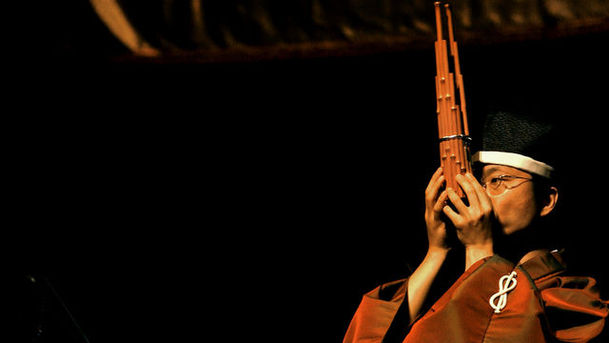
Twenty Minutes - Sho and Tell
Robin Thompson, the only British musican to have mastered the sho, explores this remarkable Japanese instrument, which is fascinating technically as well as visually.
Details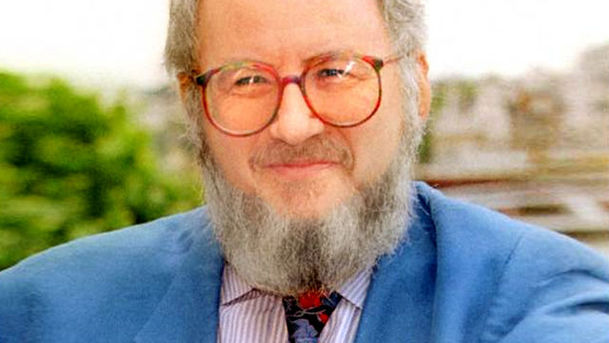
Twenty Minutes - Stealing the Thunderer
Stuart Kelly tells how in 1826, publisher John Murray II's attempts to create a newspaper to rival The Times, led to financial disaster and a life-long feud.
Details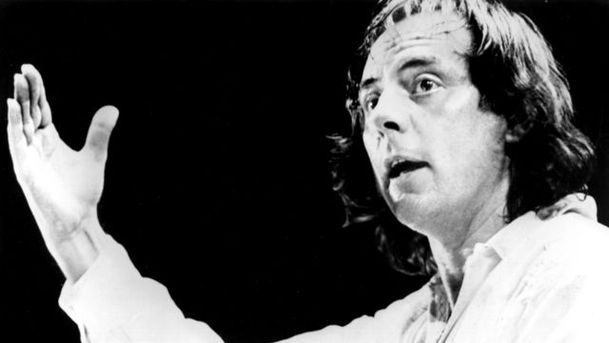
Twenty Minutes - Stockhausen
German composer Karlheinz Stockhausen was an avant-garde icon. Tom Service talks to Stockhausen's family, friends and collaborators to find out what marked him out as a pioneer.
Details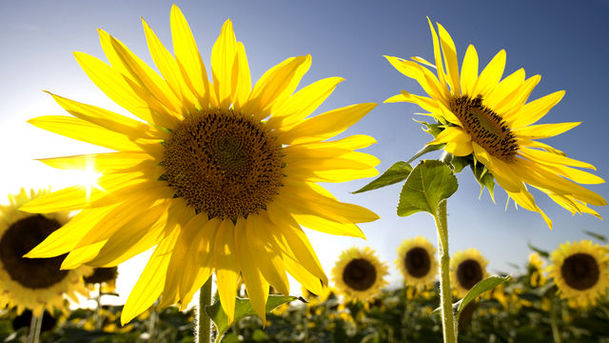
Twenty Minutes - Summer Over England
Poet Nigel Forde presents an evocation of summer, drawn from many seasonal recordings in the BBC archive - in poetry, prose and reportage, and in times of peace and war.
Details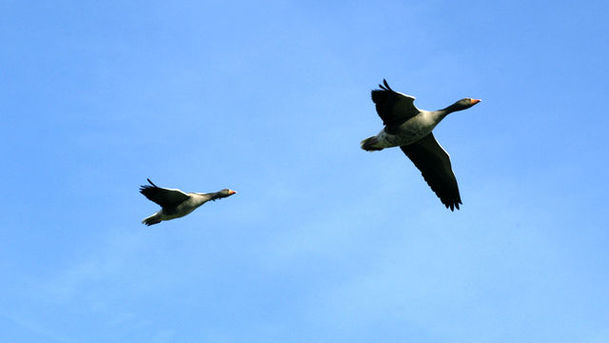
Twenty Minutes - Take A Hike North
Writer Chrisopher Somerville and musician Dave Richardson visit the Firth of Forth to watch the annual migration of 25,000 geese from Northern climes.
Details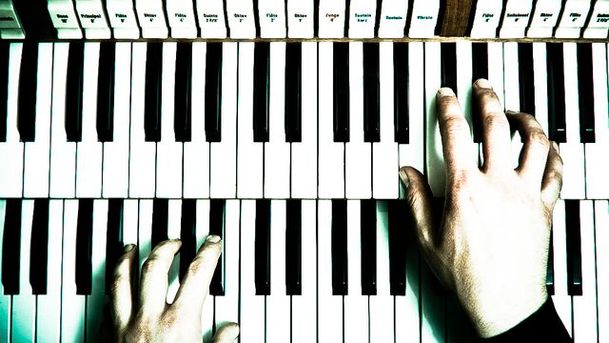
Twenty Minutes - Tales from the Loft
A look at the organ as a musical instrument, with contributions from players and makers, including organist Gillian Weir.
Details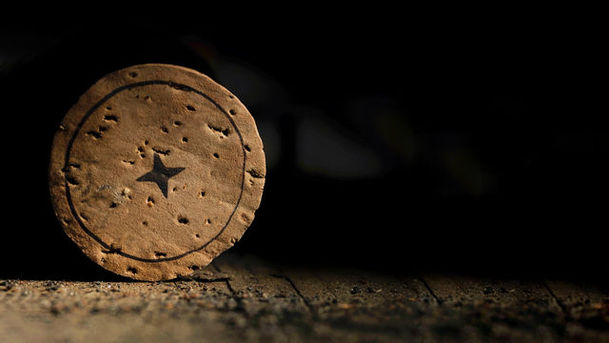
Twenty Minutes - The Albertopolis Wine King
From the Royal Albert Hall's cellar, Christopher Cook tells the story of a 19th-century maverick and the Wine Society he bequeathed to the nation.
Details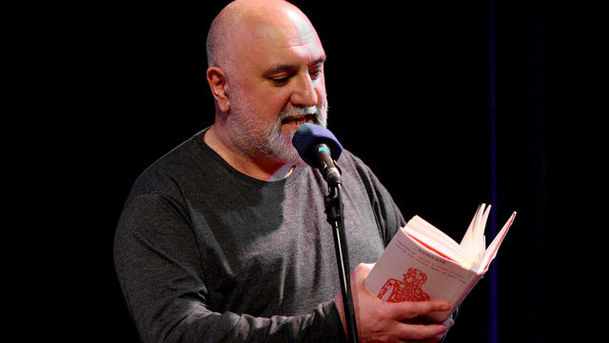
Twenty Minutes - The Annual General Boiled Egg Panic
A specially-commissioned memoir from comedian Alexei Sayle, who grew up in Liverpool and has good reason to remember archetypal British bank holidays.
Details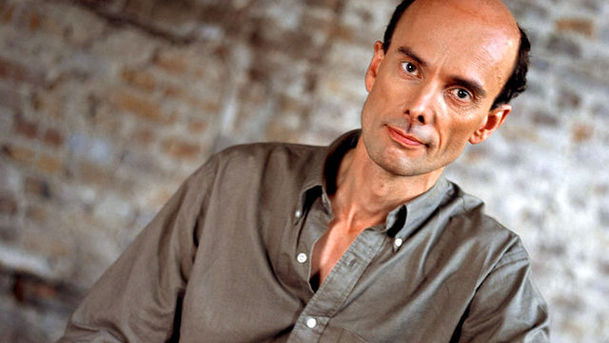
Twenty Minutes - The Art of Light Music
Martin Handley discusses the art of light music with Claire Martin and the BBC Concert Orchestra.
Details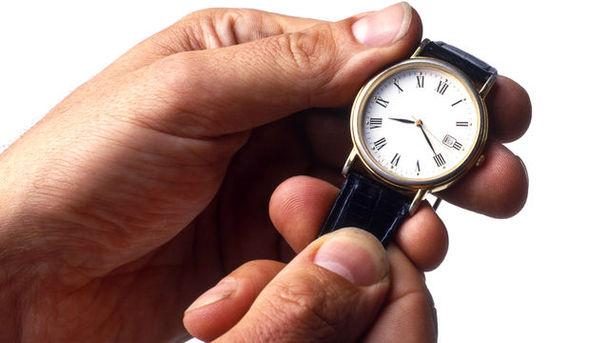
Twenty Minutes - The Bargain
By Truman Capote. The Bargain takes us into the apartment of affluent New Yorker Mrs Chase, where an old acquaintance is due to arrive for lunch. Read by Lorelei King.
Details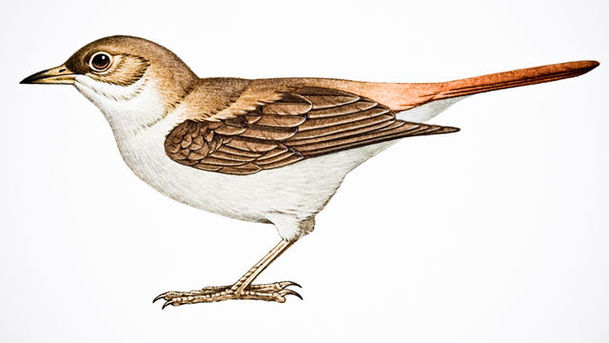
Twenty Minutes - The Barley Bird
Celebrated nature writer Richard Mabey on how the nightingale has inspired poets and composers across the years and led to a unique set of early broadcasts.
Details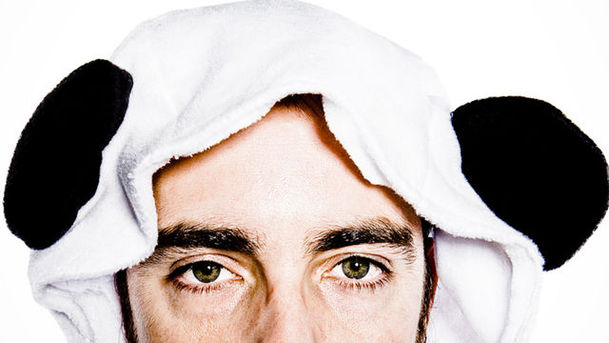
Twenty Minutes - The Bear
An off-the-wall, thought-provoking story about identity by award-winning League of Gentleman writer Jeremy Dyson.
Details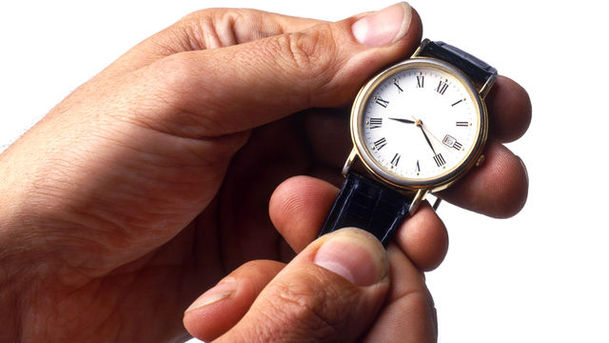
Twenty Minutes - The Bell
An extract from Iris Murdoch's classic novel centring two people's plan to replace the bell of a convent in order to convince its residents of the existence of miracles.
Details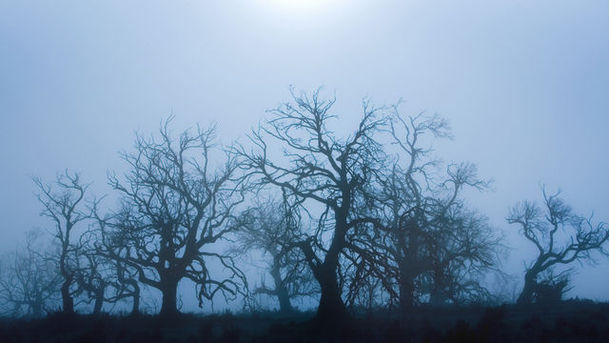
Twenty Minutes - The Castle Moreton Jerry
Nicholas Shakespeare's story recalls the stange influence of Tasmania's famous fog, and how it once forced a ship from England dramatically off course. Read by James Laurenson.
Details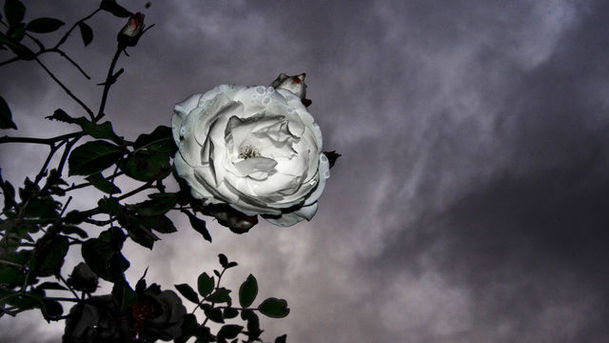
Twenty Minutes - The Courtship of Mr Lyon
Angela Carter's retelling of the classic fairytale Beauty and the Beast, in which a young girl accepts the hospitality of a charismatic yet terrifying leonine beast.
Details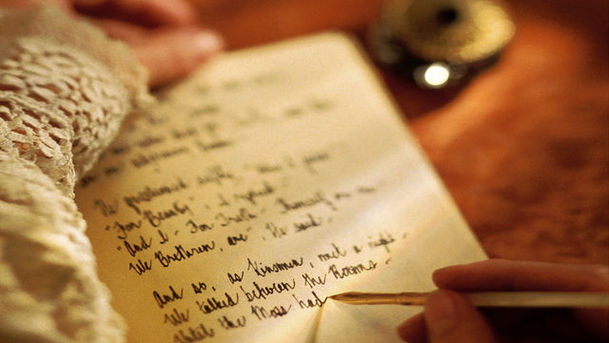
Twenty Minutes - The Diaries of Sofia Tolstoy
An extract from the diaries of Leo Tolstoy's wife. In the summer of 1897, the couple have been together for 35 years, but their relationship is as passionate and turbulent as ever.
Details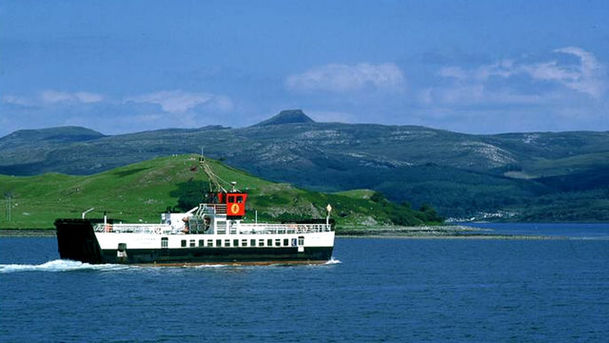
Twenty Minutes - The End of Summer
Helen Dunmore's short story, read by Jonathan Firth, is set aboard a ferry as a traveller encounters the intriguing teenager Sophie, just as strange storm clouds begin to appear.
Details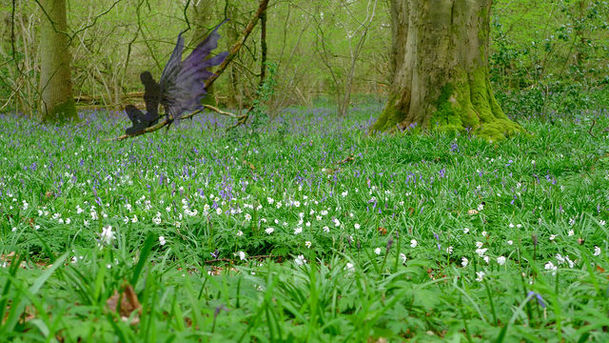
Twenty Minutes - The Fairy's Curse
Award-winning Northern Ireland writer Lucy Caldwell delves into the world of fairy tales, finding that these stories shape and define not only our imagination but our daily lives.
Details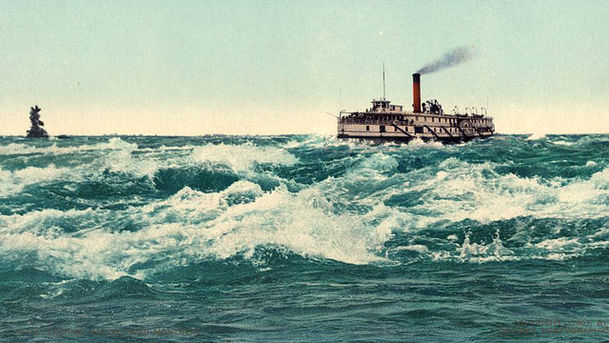
Twenty Minutes - The Flirt
A short story by the emigre Russian satirist Nadezhda Teffi. A secret rendezvous aboard a Volga steamboat has unexpected consequences. Read by Lindsay Duncan.
Details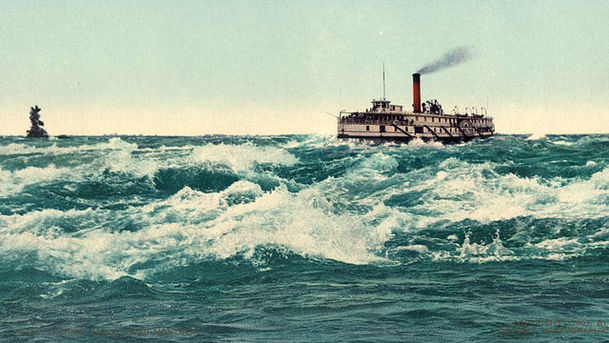
Twenty Minutes - The Flirt
Lindsay Duncan reads a short story by emigre Russian satirist Nadezhda Teffi. A secret rendezvous onboard a Volga steamboat has unexpected consequences.
Details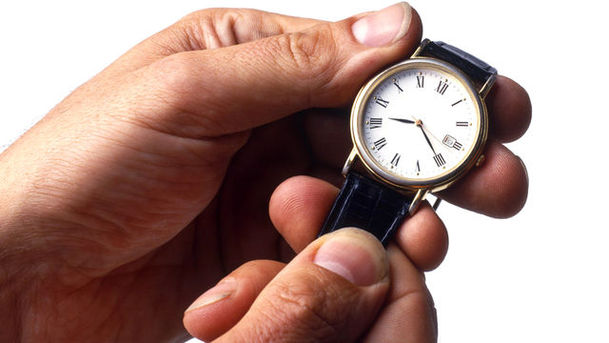
Twenty Minutes - The Garden of Earthly Delights
Tim Healey finds out what we know about the Goliards, the counter-cultural composers of the original bawdy medieval songs of Orff's Carmina Burana.
Details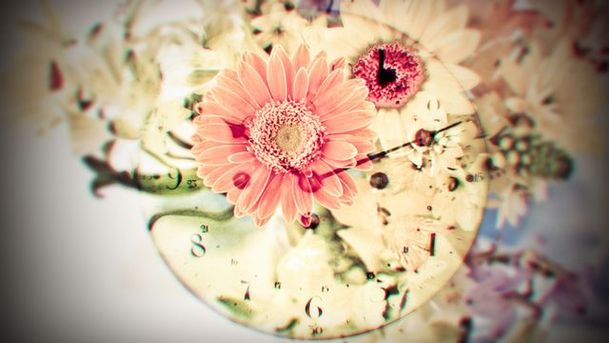
Twenty Minutes - The Garden of Time
JG Ballard's apocalyptic short story in which the Count manages to repel the advance of the army by magically re-arranging time. But how long can he continue?
Details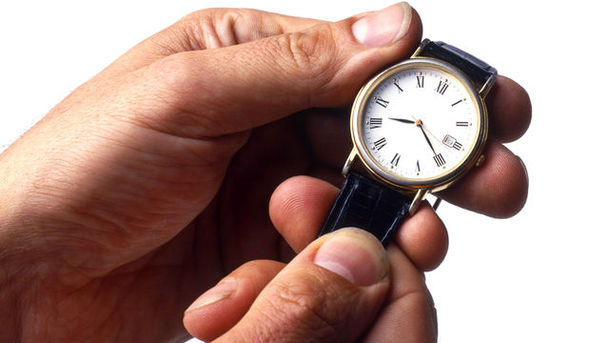
Twenty Minutes - The Ghosts of Little Russia
Zinovy Zinik travels to Tottenham, north London, in search of a long-forgotten community of Russian immigrants. He uncovers stories of xenophobia and anarchist plots.
Details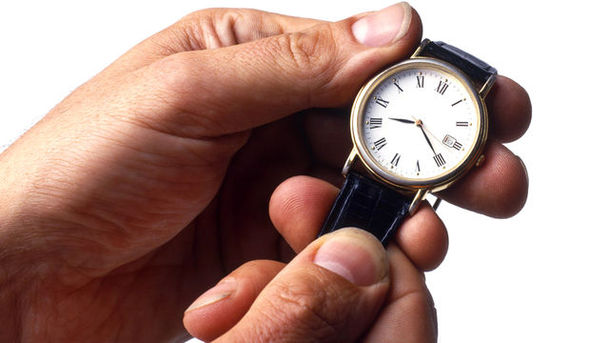
Twenty Minutes - The Great Irish Controversy: The Hugh Lane Gallery
William Crawley explores the famous controversy over the ownership of Dublin art gallery owner Hugh Lane's 39 French impressionist paintings.
Details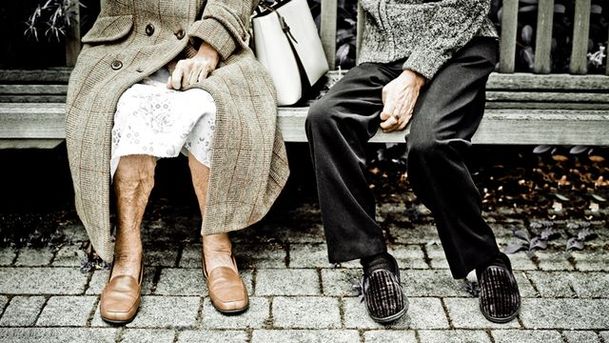
Twenty Minutes - The Hothouse
A charming tale by Tove Jansson about two elderly eccentrics who develop an unlikely friendship after they tussle over a bench in the hothouse of a Finnish botanical garden.
Details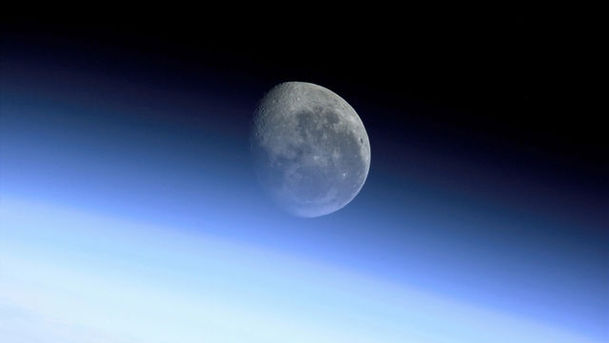
Twenty Minutes - The Imperial Mathematician and the Moon
Author and journalist Andrew Brown discusses astronomer Johannes Kepler's science fiction novella Somnium: The Dream, written in 1609.
Details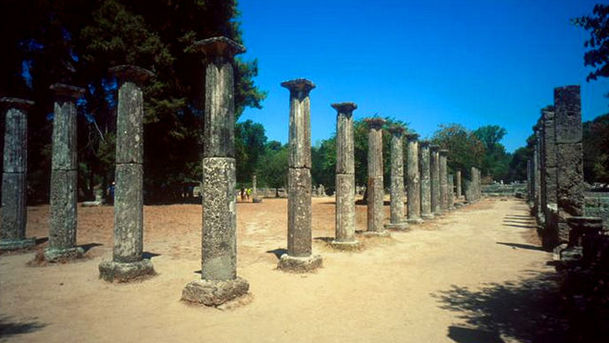
Twenty Minutes - The Importance of Being a Hellenist
Iain Ross explores how Oscar Wilde's lifelong interest in the archaeology and literature of ancient Greece influenced even his most popular work.
Details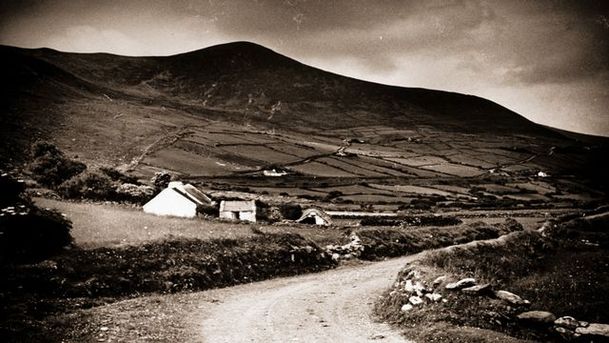
Twenty Minutes - The Kerry Connection
Professor Jeremy Dibble from Durham University visits Kenmare, County Kerry and retraces the footsteps of English composer EJ Moeran, who died in the picturesque town in 1950.
Details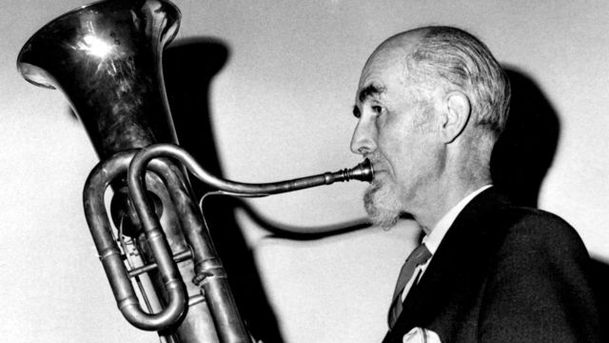
Twenty Minutes - The Keyed Serpent
James Jolly explores the history of the ophicleide, one of the most unusual brass instruments ever invented. With contributions from ophicleidists Tony George and Stephen Wick.
Details
Twenty Minutes - The Musical Path through Dementia
As former headmaster Edward Jones spent ten years caring for his wife through dementia, he found that music remained a strong link between them.
Details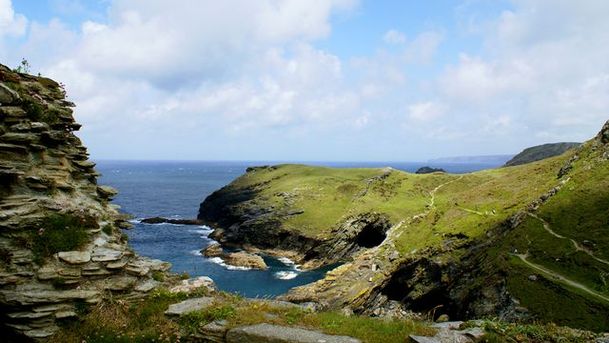
Twenty Minutes - The Musicians of Ingo
A reading of author Helen Dunmore's atmospheric Cornish tale of ghostly lost souls, written specially to accompany 2009's Family Prom.
Details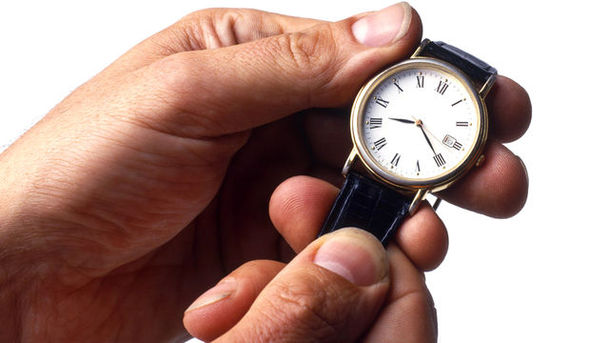
Twenty Minutes - The Pattern of Lanes
An exploration of the ancient heart of the Parisian Latin Quarter through the family history of novelist and historian Gillian Tindall.
Details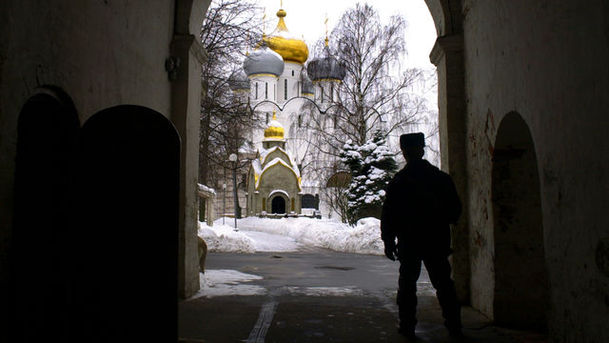
Twenty Minutes - The Postmaster, by Alexander Pushkin
Pushkin's story about a Russian postmaster who is left distraught when his daughter elopes with a handsome hussar. He tracks her down, but finds her loathe to leave her new life.
Details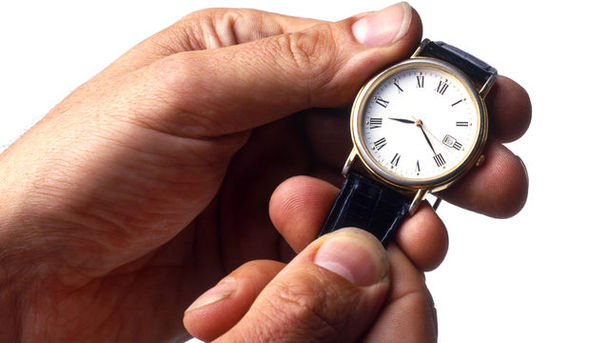
Twenty Minutes - The Power of the Ondes
Ondes martenot player Thomas Bloch discusses the power of the instrument and its uses in classical, rock and film music with ex-Pogues member David Coulter.
Details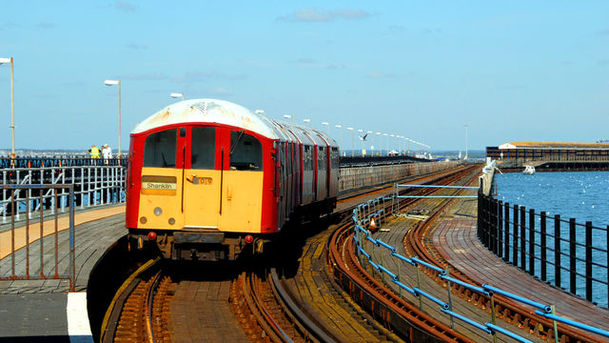
Twenty Minutes - The Quiet Carriage
The Quiet Carriage: Amidst the racket of MP3 players, ringtones and raised voices, Geoff Dyer explores changing ideas of privacy, personal space and good manners on the trains.
Details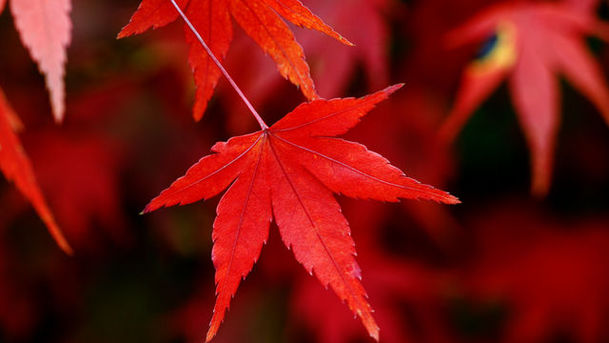
Twenty Minutes - The Rite of Autumn
Doc Rowe, who since the 1960s has been recording and filming the traditions, vernacular arts, folklore, song and dance of Britain and Ireland, explores the rites of autumn.
Details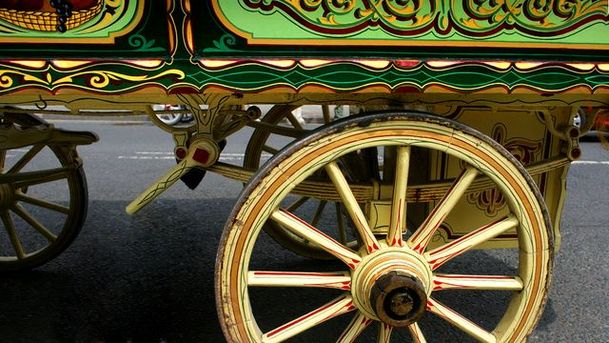
Twenty Minutes - The Roma Today
The Roma Today: Novelist Louise Doughty, herself of Romany descent, looks at the poor image and status of Romanies across Europe today, revealing a story of age-old prejudice.
Details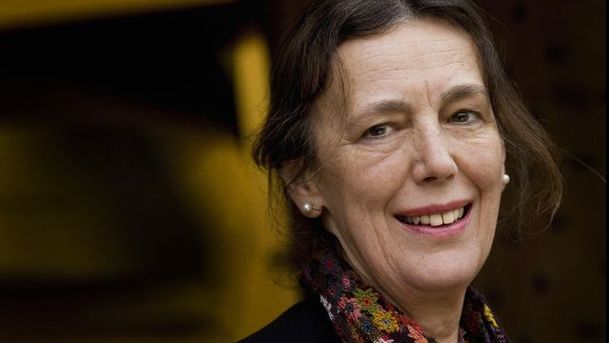
Twenty Minutes - The Songs I Have Made for Thee
laire Tomalin discusses the recently re-discovered songs by her mother, Muriel Herbert, with composer, writer and director Jeremy Sams.
Details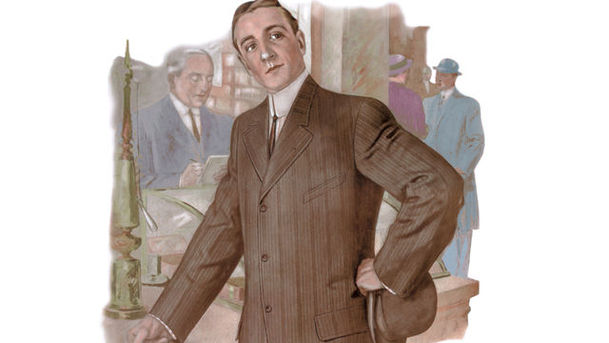
Twenty Minutes - The Suit
Ian Sansom reflects lightheartedly on dress, class, ageing and the philosophical life, prompted by a visit to a gentleman's outfitters to be measured for a new suit.
Details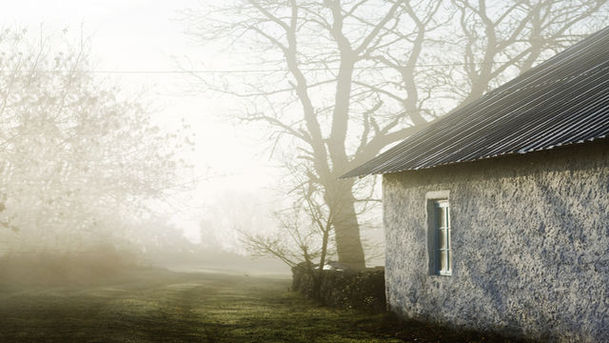
Twenty Minutes - The Summer House
Kate Clanchy reflects on the importance of the summer house to people in Scandinavia and Russia, including artists such as Grieg, Sibelius, Nabokov and Tove Jansson.
Details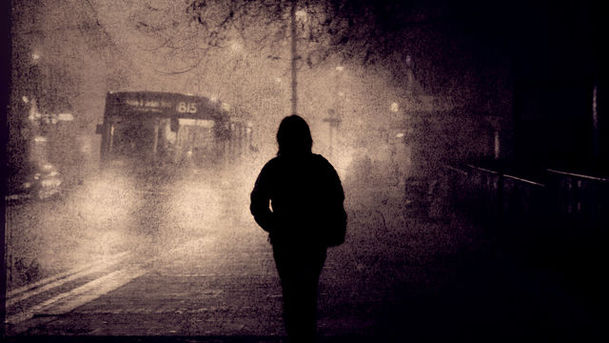
Twenty Minutes - The Visitors' Book
Fenella Woolgar reads Sophie Hannah's story. The contents of an old volume become sinister to Katherine as she recalls certain lines when walking home in the fading light...
Details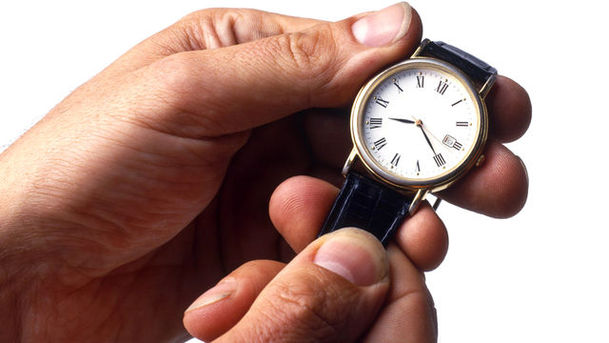
Twenty Minutes - The Whale Road
Kathleen Jamie tries to discover why, all around the coast of the British Isles, as well as inland, there can be found the remains of whales.
Details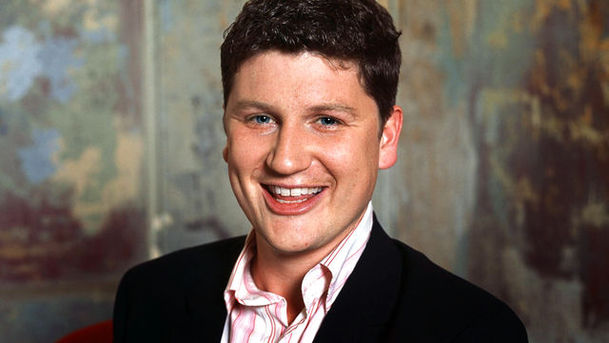
Twenty Minutes - The World Orchestra for Peace
Tom Service profiles the World Orchestra for Peace, founded by Georg Solti to celebrate the 50th anniversary of the UN. With contributions from Solti's widow and Valery Gergiev.
Details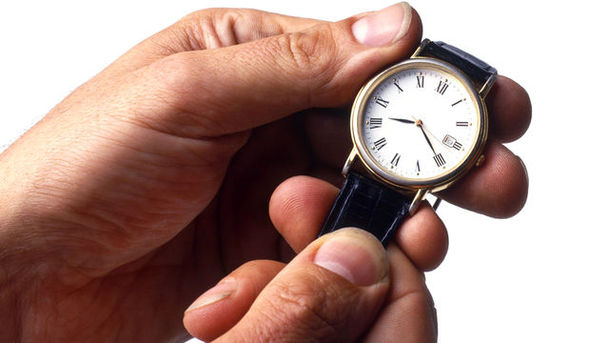
Twenty Minutes - Thirsting for Music
Paul Bailey tells the story of Romanian Jewish playwright, novelist and music lover Mihail Sebastian, who wrote a journal charting Romania's Nazi collaboration.
Details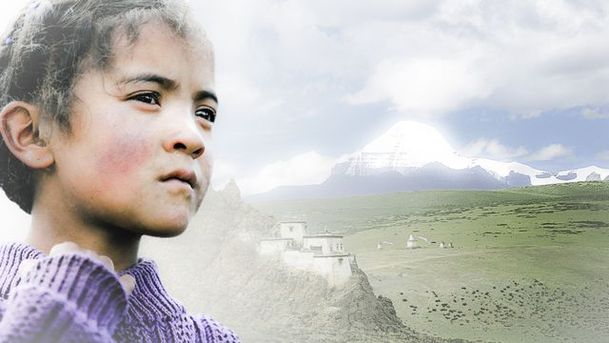
Twenty Minutes - Tibet on the Banks of the Clyde
Louise Walsh considers the question of whether, George Bogle, the first British envoy to Tibet, had a love affair with a local woman that would result in the birth of two daughters.
Details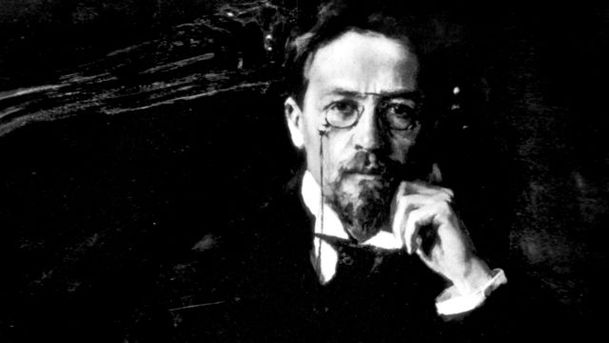
Twenty Minutes - To Chekhov's Memory
Ben Whishaw reads a unique, first-hand portrait of Anton Chekhov during his last years in the Crimean resort of Yalta. Written by his friend and fellow author Alexander Kuprin.
Details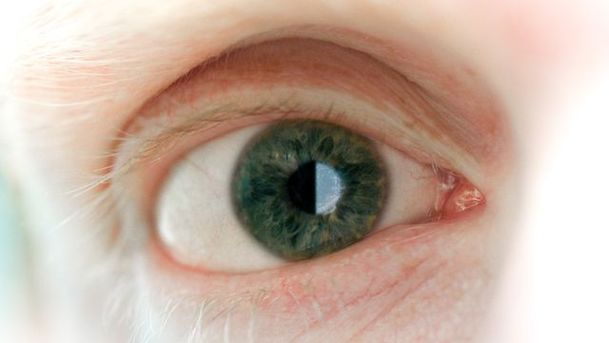
Twenty Minutes - Total Eclipse
Simon Heighes discovers the story of the flamboyant English doctor who blinded the two greatest figures in Baroque music - Bach and Handel.
Details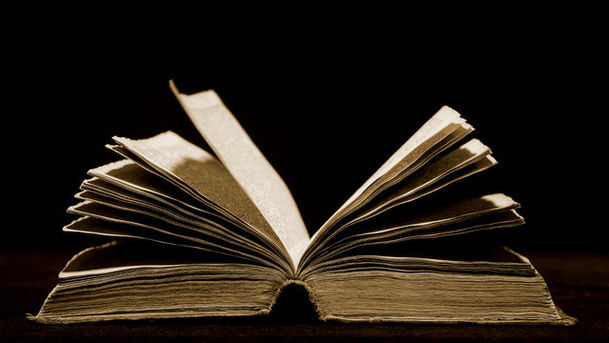
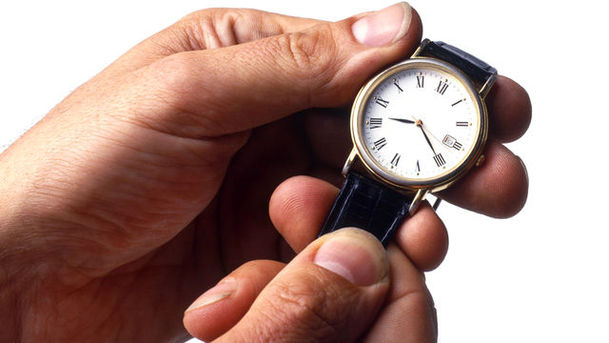
Twenty Minutes - Twists and Turns: The Shape of Tune
Artist Jonathon Brown gives his personal thoughts on the shape of melody over the centuries, from the middle ages to Brahms, Mahler - and beyond.
Details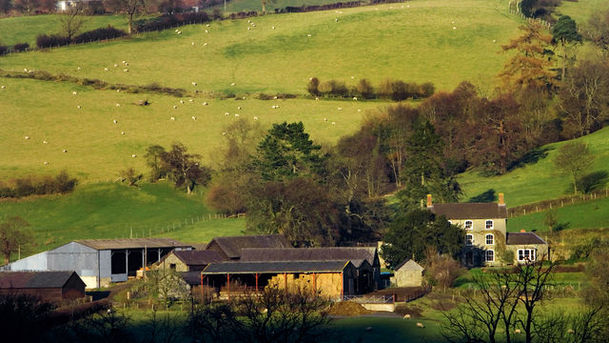
Twenty Minutes - Two Welsh Hills
Two specially-written programmes, recorded on location, exploring hills - features which are of great significance to the landscape, wildlife and psyche of Wales
Details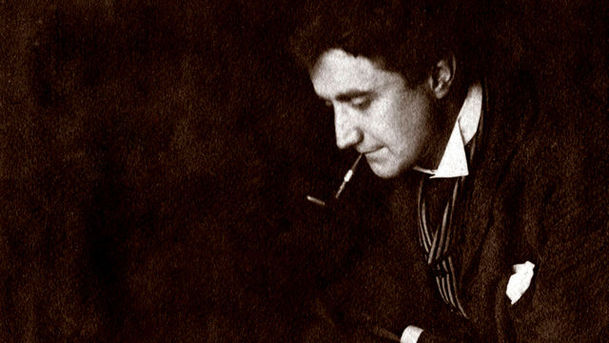
Twenty Minutes - Vaughan Williams at the Royal College of Music
To mark 50 years since the death Vaughan Williams, Steven Johnson visits the Royal College of Music to investigate the composer's time there.
Details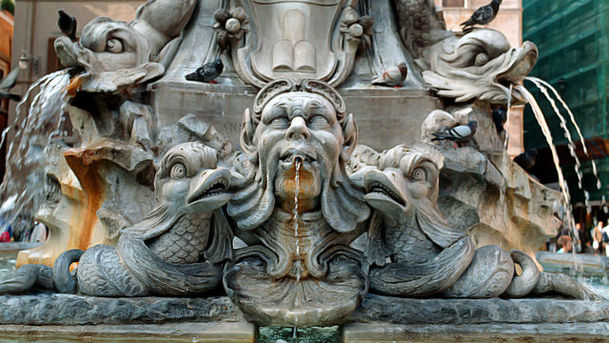
Twenty Minutes - Viva la Musica! Viva il Duce!
William Ward discusses Respighi's Fountains of Rome, Pines of Rome and Roman Festivals, considering fascism's influence on Italian music.
Details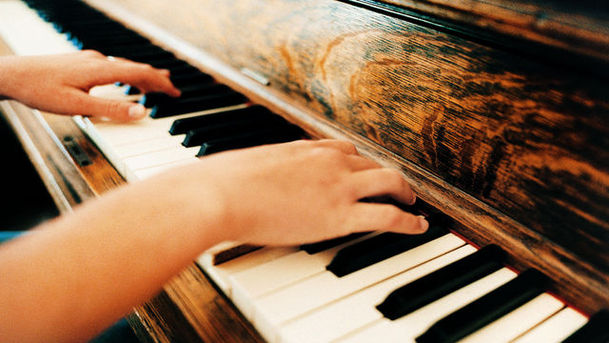
Twenty Minutes - Wunderkind
Madeleine Potter reads Carson McCullers's classic coming-of-age story, written when she was only 19, in which she explores the pressures and angsts of life as a child prodigy.
Details